— Written primarily based on exclusive insights from Isaac Salmeron, Sales and Marketing Director, NIHI Sumba.
NIHI Sumba
The Sumba Island, found in the Lesser Sunda Islands of Indonesia, offers a world far removed from the ordinary. It's a place where history, religion, and traditions come together to create something truly special. The people here follow the Marapu religion, believing in ancestor spirits that influence daily life, nature, and our destinies.
The Sumbanese life is punctuated by vibrant rituals that mark life's important transitions. Generations-old traditions like Pasola which is a thrilling spear-throwing festival, along with elaborate funerary rituals showcase the community's deep-seated and undying beliefs in its practices and traditions.
You will find, exquisite woven textiles, intricate wood carvings, and mesmerizing dance performances that are the core of the island's artistic soul. Witnessing these expressions of creativity in their natural setting offers a profound insight into the Sumbanese spirit and we get into the further depths of it with Isaac Salmeron, Sales and Marketing Director, NIHI Sumba.
Unique Culture of Sumba Island
Sumba Island's culture is distinct from other Indonesian islands primarily due to its unique Marapu religion, traditional ikat weaving, and megalithic tombs. The Marapu religion, with its ancestral worship and animistic beliefs, shapes many aspects of local life. The island's famed ikat textiles are renowned for their intricate designs and symbolic meanings, differentiating them from other Indonesian fabrics. Additionally, the megalithic burial sites and traditional houses with high-pitched roofs set Sumba apart culturally and architecturally.
Significance of Horses in Sumbanese Culture & NIHI Sumba
Horses hold a significant place in Sumbanese culture, symbolizing power, wealth, and status. They are central to traditional ceremonies and local rituals. Nihi Sumba integrates this cultural element by offering equestrian experiences that allow guests to explore the island's landscape on horseback, providing a unique way to connect with the local culture and tradition.
NIHI Sumba's Contribution to Local Culture
Nihi Sumba actively contributes to the preservation and promotion of Sumbanese culture by supporting local artisans, promoting traditional crafts, and involving the local community in its operations. The resort may also participate in cultural preservation initiatives, such as funding local ceremonies or cultural events, to keep the traditions alive and thriving.
Engaging with Local Culture at NIHI Sumba
Travellers at Nihi Sumba can engage with the local culture through village tours, traditional weaving demonstrations, participation in local ceremonies, and interaction with the Sumbanese people. These experiences offer an authentic glimpse into the daily life and customs of the island.
Collaboration with Local Communities
Nihi Sumba likely collaborates with local communities to ensure cultural authenticity and respect by involving local leaders in decision-making processes, employing local staff, and sourcing materials and products locally. This collaboration ensures that cultural representations are authentic and respectful of the traditions and beliefs of the Sumbanese people.
Best Time to Visit for Cultural Immersion
The best time to visit Nihi Sumba for cultural immersion would typically be during local festivals or ceremonies, often during the dry season (April to November). This period might offer more opportunities to witness traditional rituals and celebrations.
Local Cuisine at NIHI Sumba
Nihi Sumba probably incorporates local cuisine by offering traditional Sumbanese dishes, using locally sourced ingredients, and providing cooking classes where guests can learn to prepare local recipes. This culinary integration allows guests to experience and appreciate the flavours of Sumbanese cuisine.
Cultural Events and Festivals
Specific times of the year, such as during the Pasola festival (usually in February or March), offer a deeper insight into Sumbanese traditions. Pasola is a ritualistic spear-fighting tournament on horseback and is a significant cultural event on the island.
Appreciating Sumba's Cultural Richness
Guests should know the importance of respecting local customs and traditions, the significance of the Marapu religion, and the value of local crafts like ikat weaving. Understanding these aspects can enrich their experience of Sumba's cultural heritage.
Advice for Travellers
To prepare for experiencing Sumba's unique culture, travellers should learn about local customs and traditions, be open to new experiences, respect local beliefs and practices, and be willing to participate in cultural activities. Being culturally sensitive and aware will greatly enhance their understanding and enjoyment of Sumbanese culture.
Beyond the sights and sounds, what truly makes Sumbanese culture special is the warmth and hospitality of its people. Their genuine smiles, open hearts, and willingness to share their heritage create a deeply enriching experience for every visitor. It is a mosaic of vibrant traditions, stunning landscapes, and the warmest smiles making it a testament to the enduring human spirit and a reminder of the beauty that lies beyond the familiar.
So, why experience Sumbanese culture?
For the adventure: It's a chance to step off the beaten path and place yourself in a world rarely seen by outsiders.
For the cultural immersion: You'll witness ancient traditions alive and thriving, offering a glimpse into a fascinating worldview.
For the human connection: You'll be welcomed with open arms by the Sumbanese people, experiencing their genuine warmth and hospitality.
For self transformation: The island's unique energy and connection to nature have a way of leaving a lasting mark on your soul.
Are you ready to surrender to the Sumbanese culture? No better place than NIHI Sumba to experience it all. Contact Us to book your trip to this hidden wonder and unlock exclusive offers and a more thorough exploration.


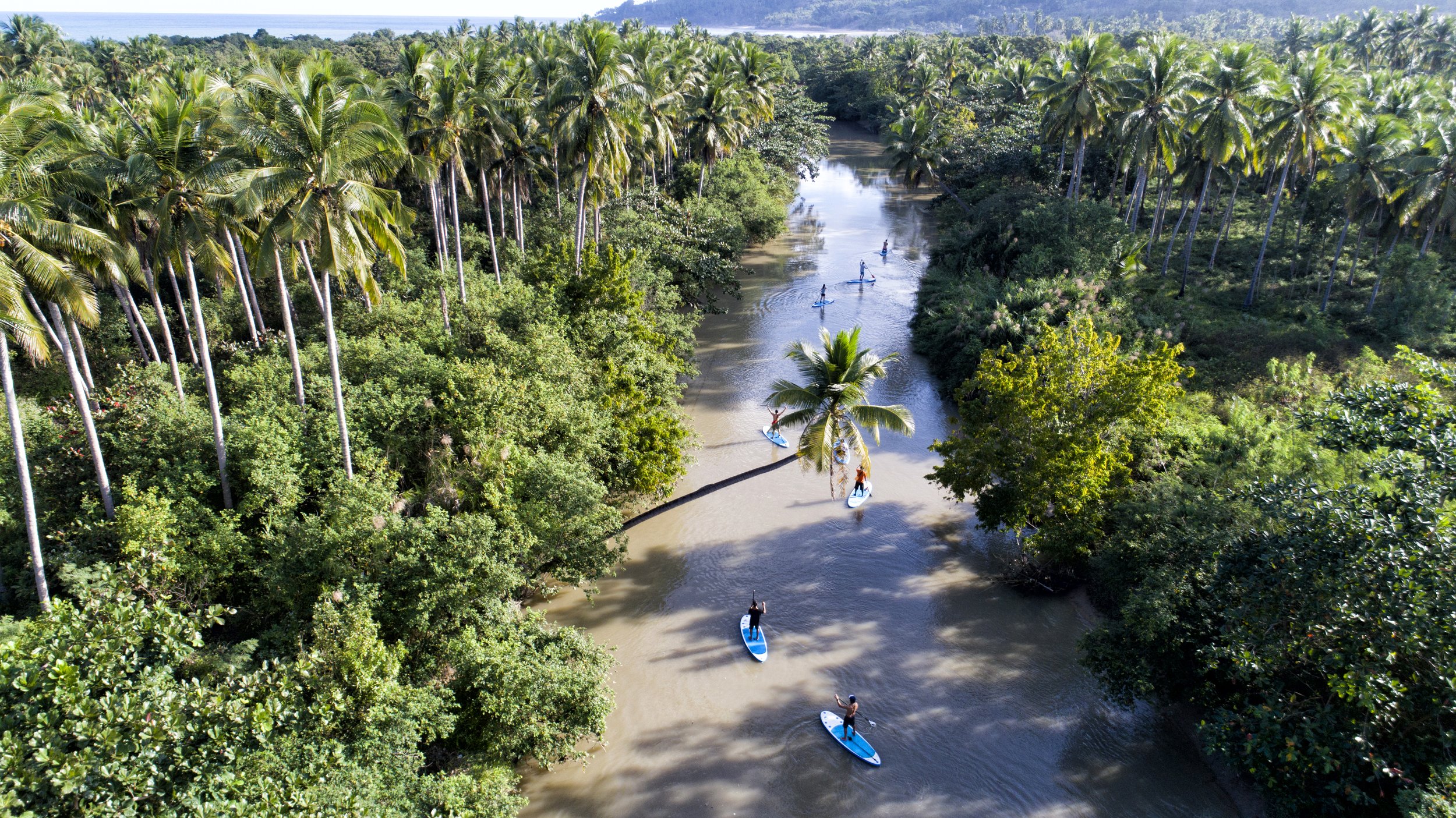
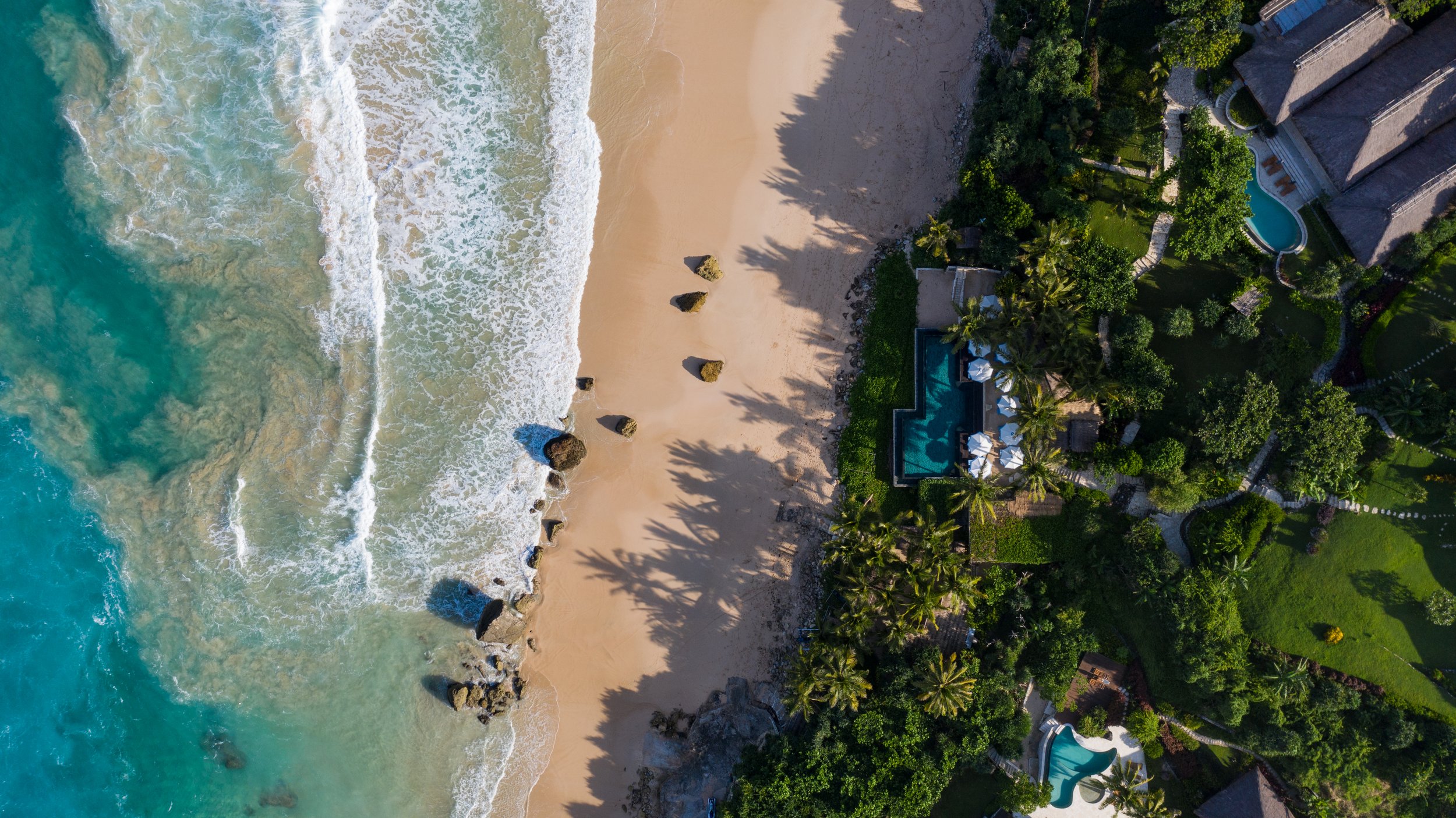
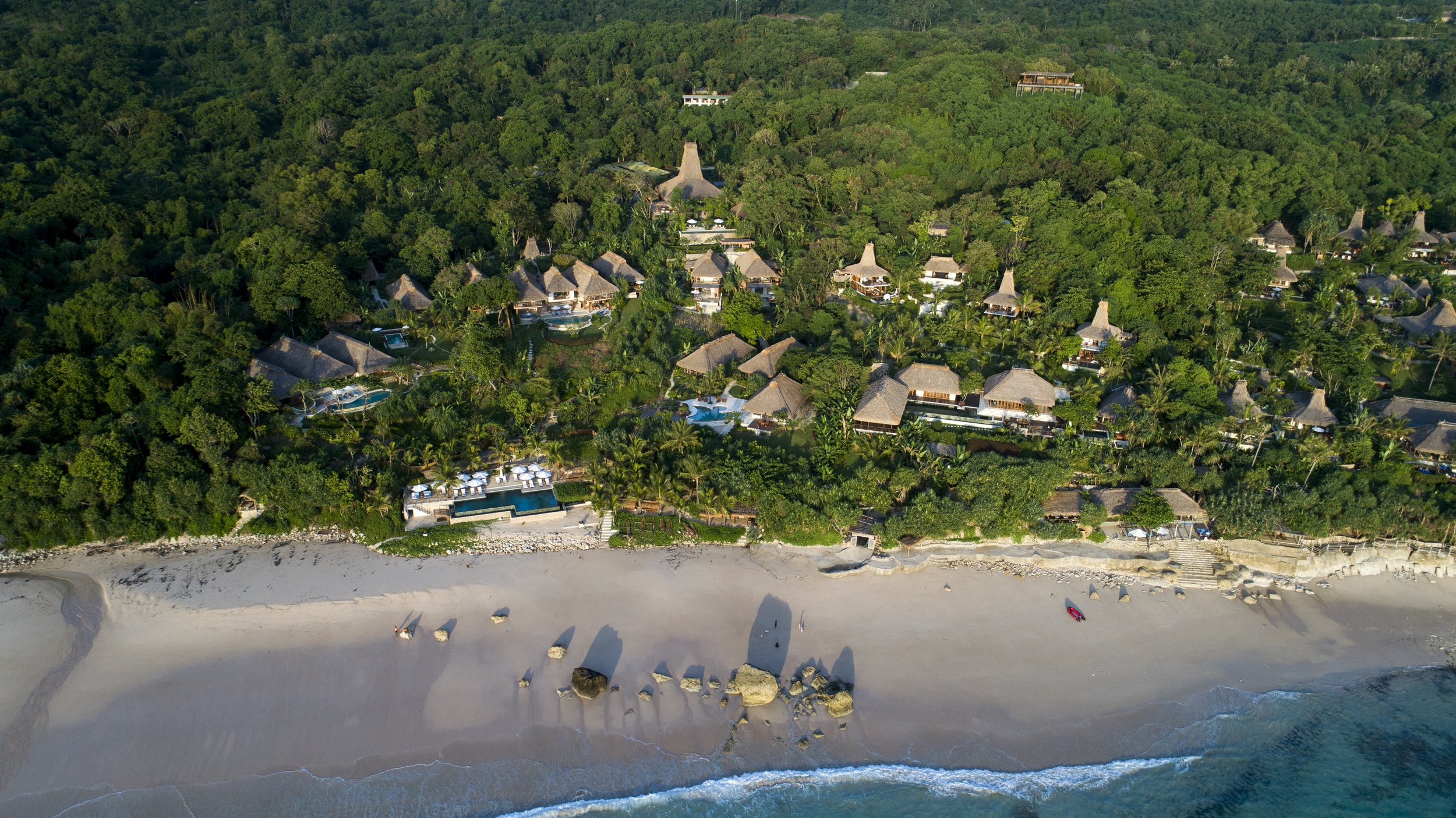
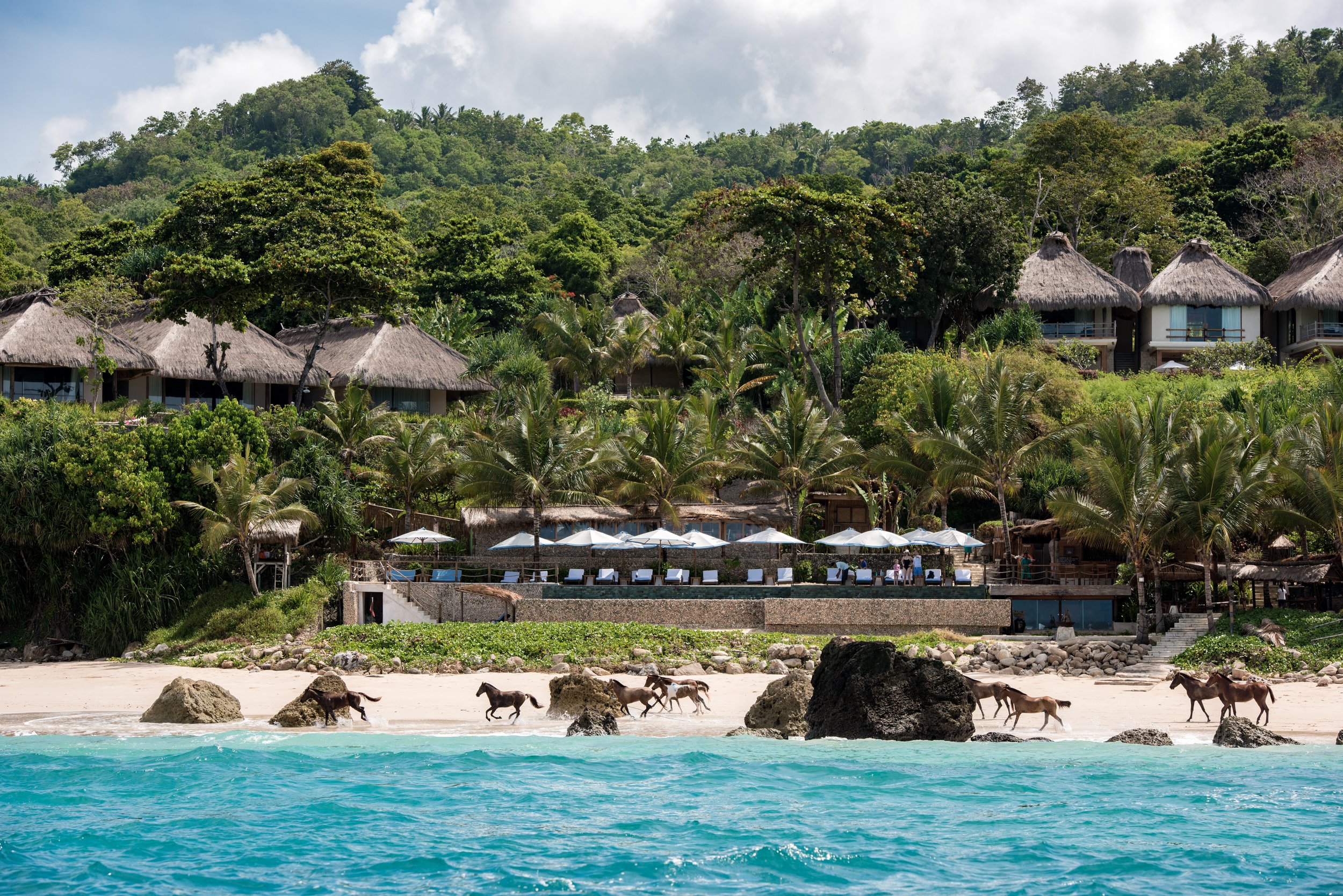
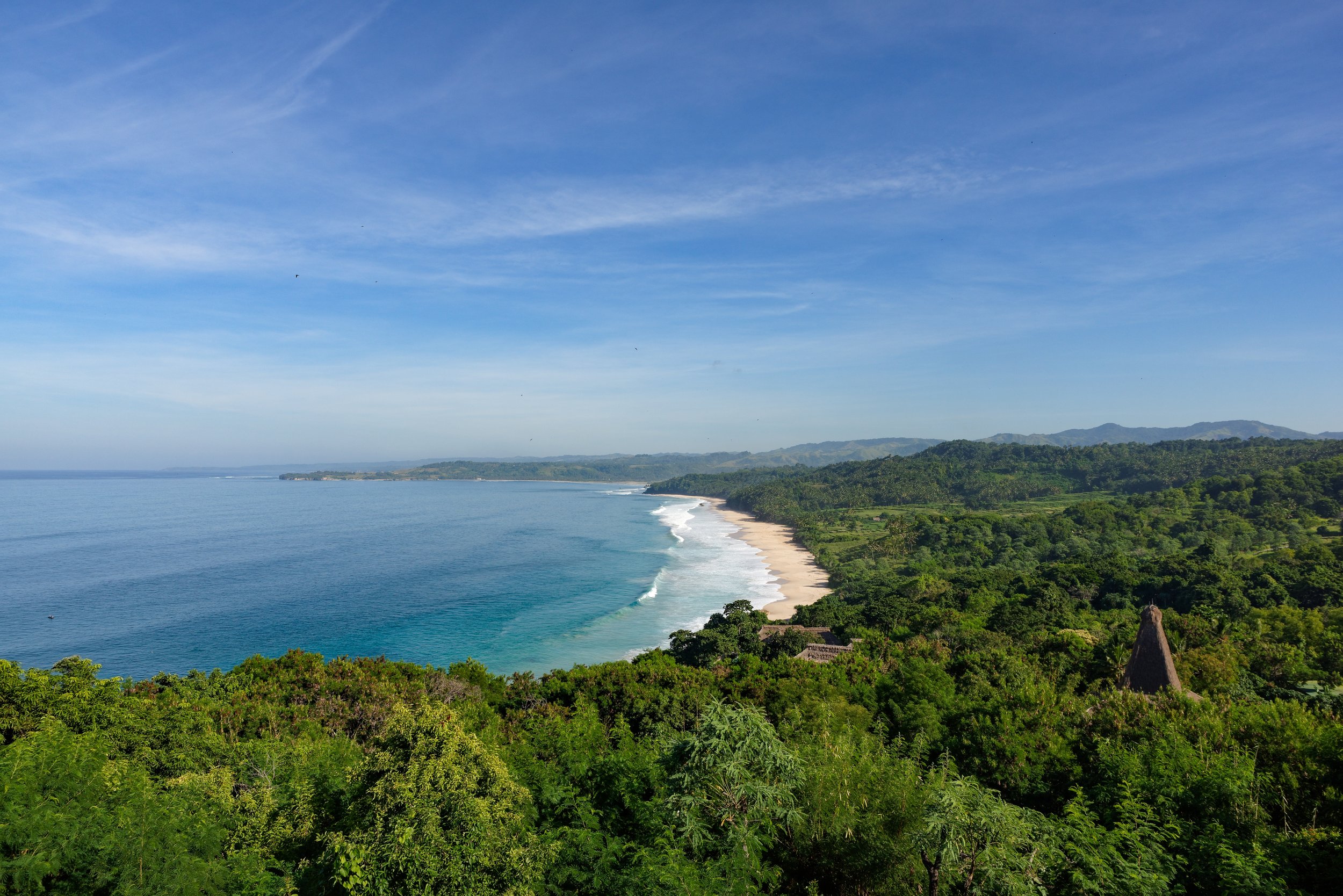

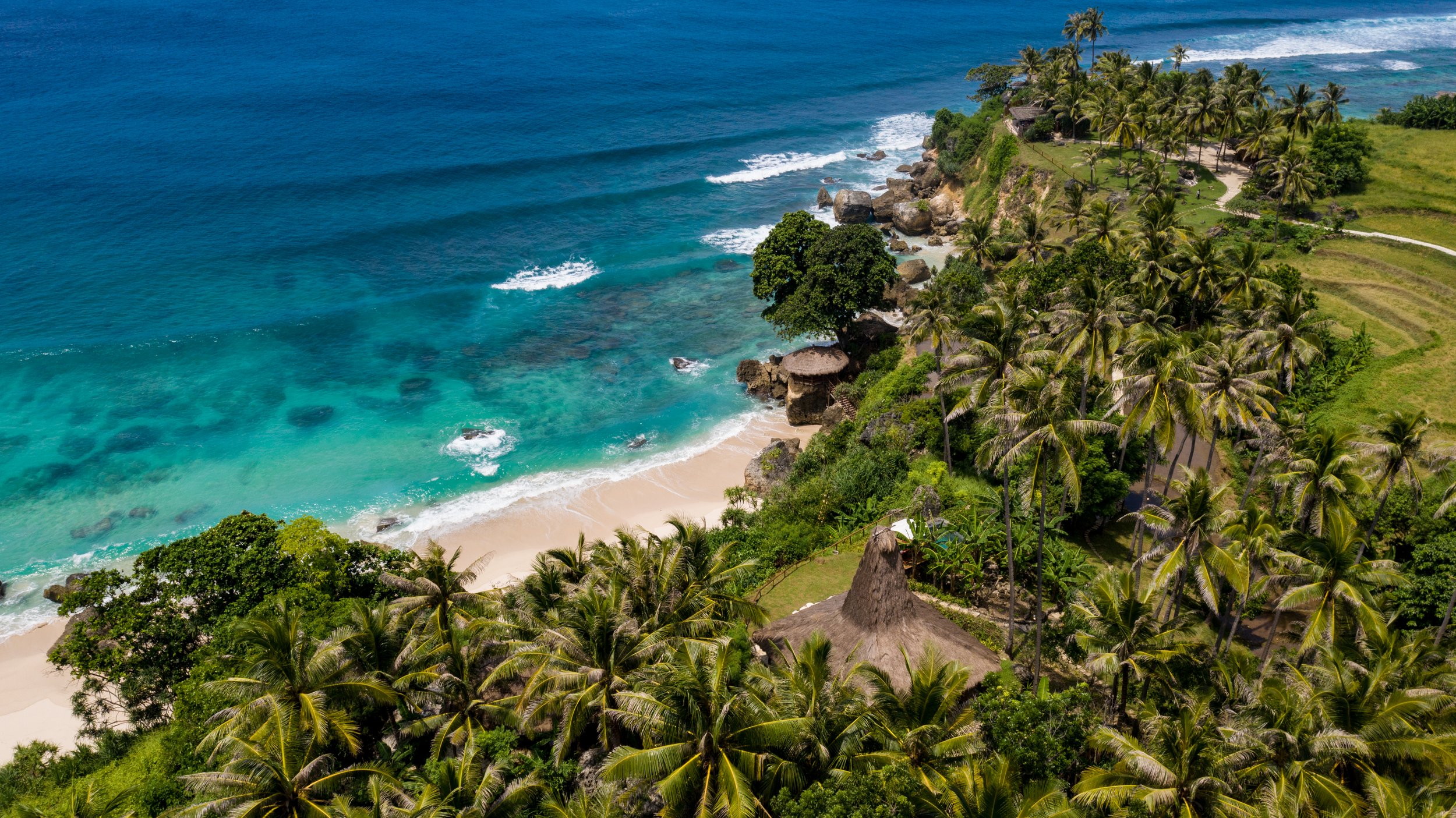
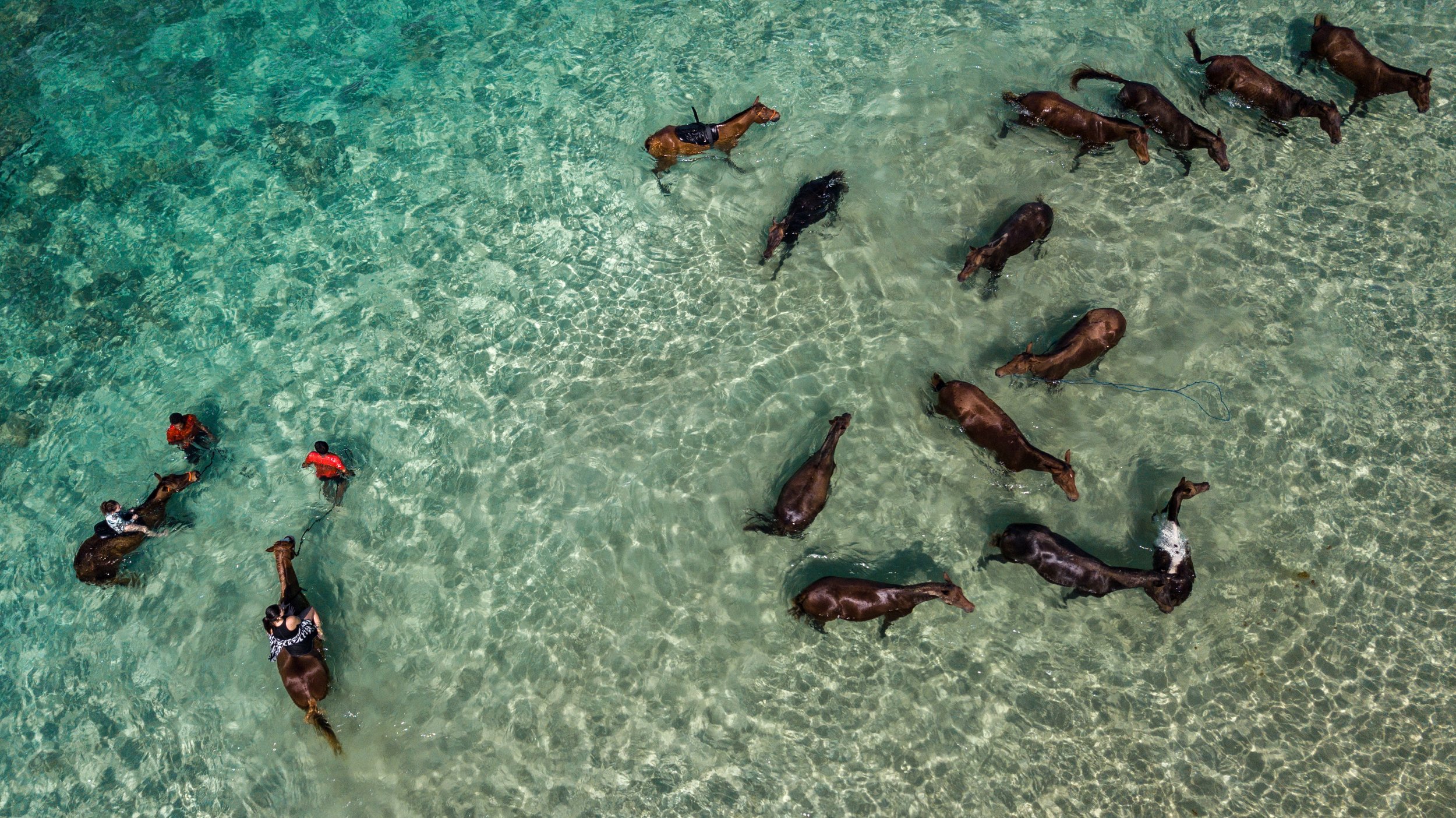
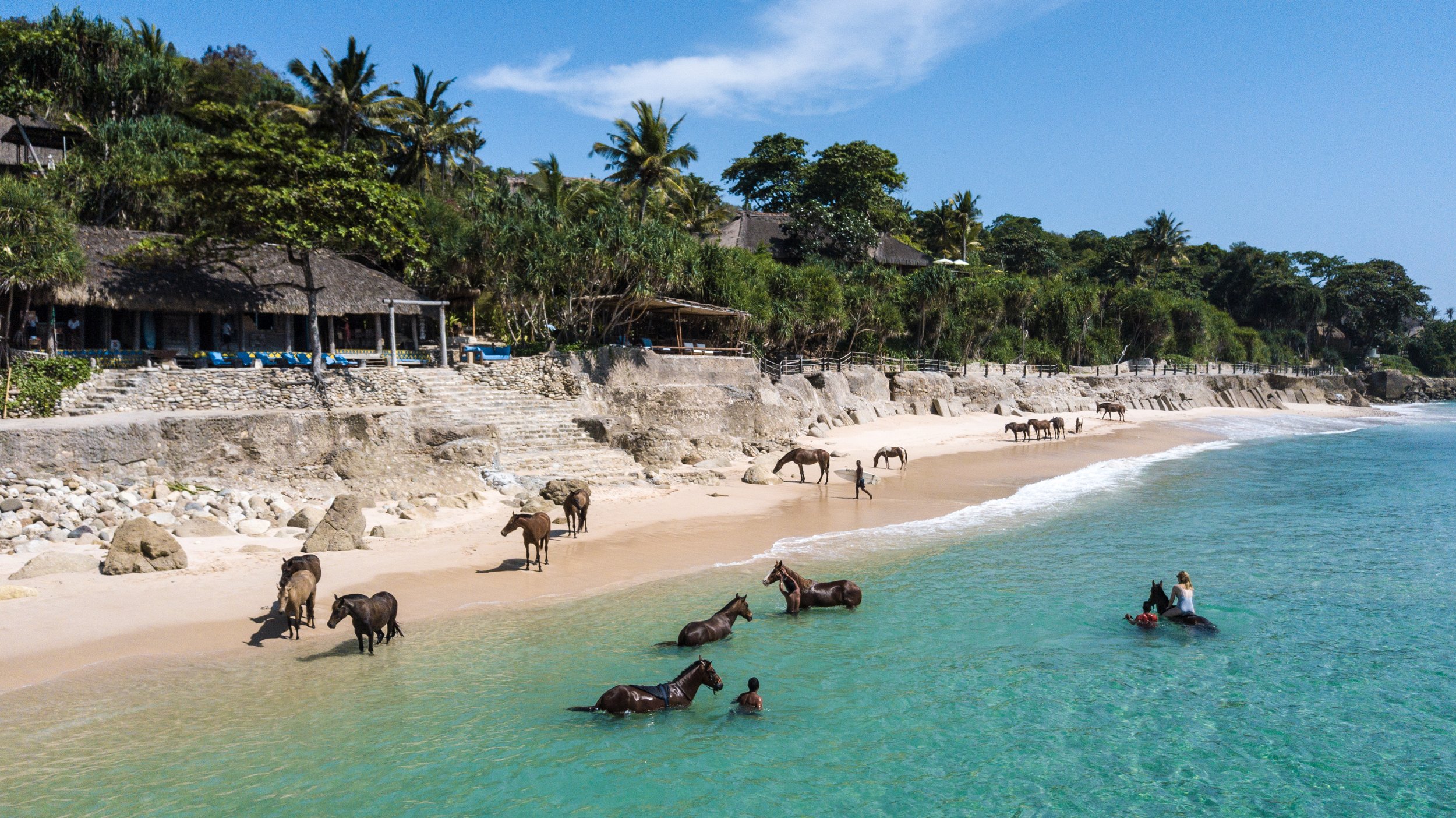
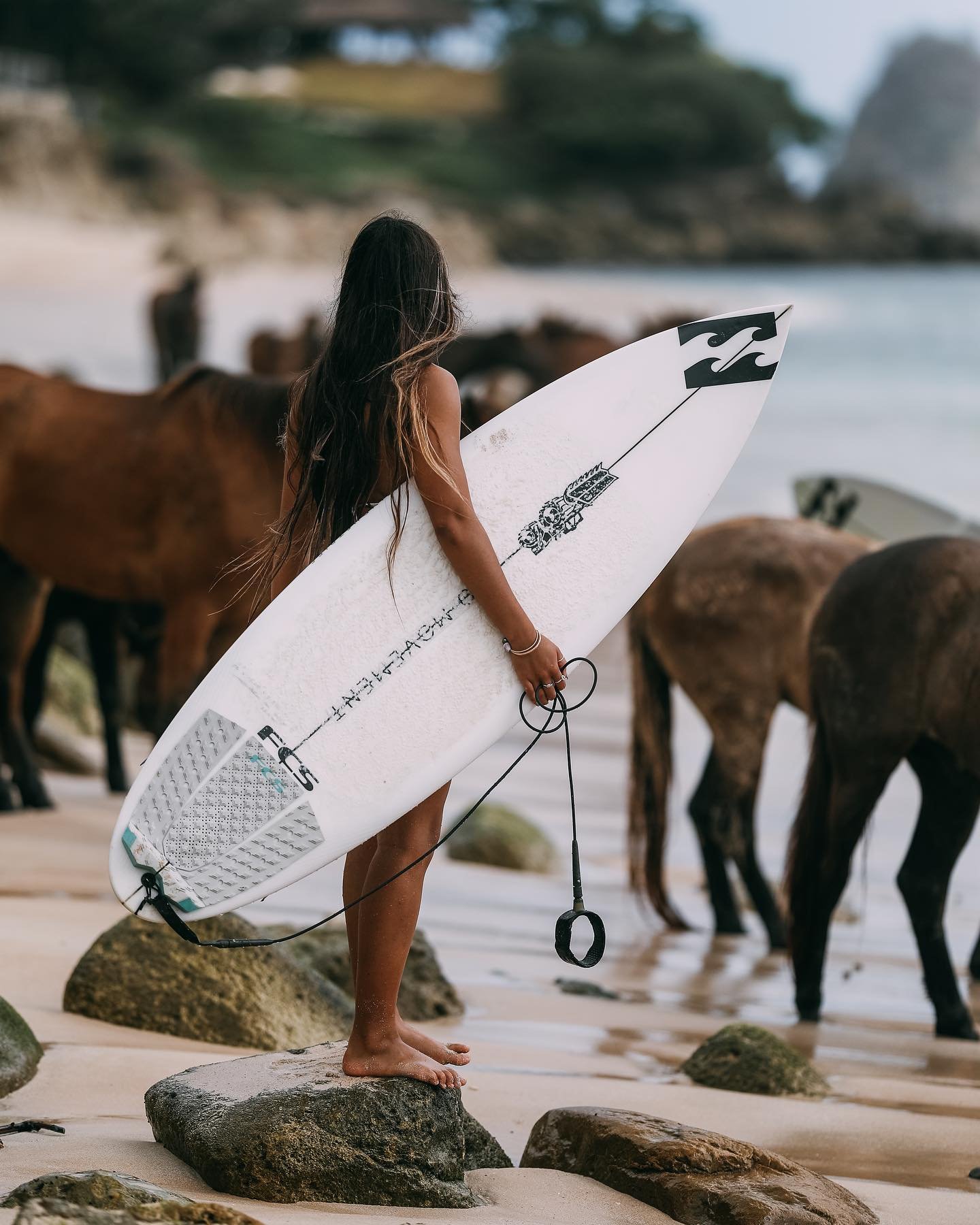


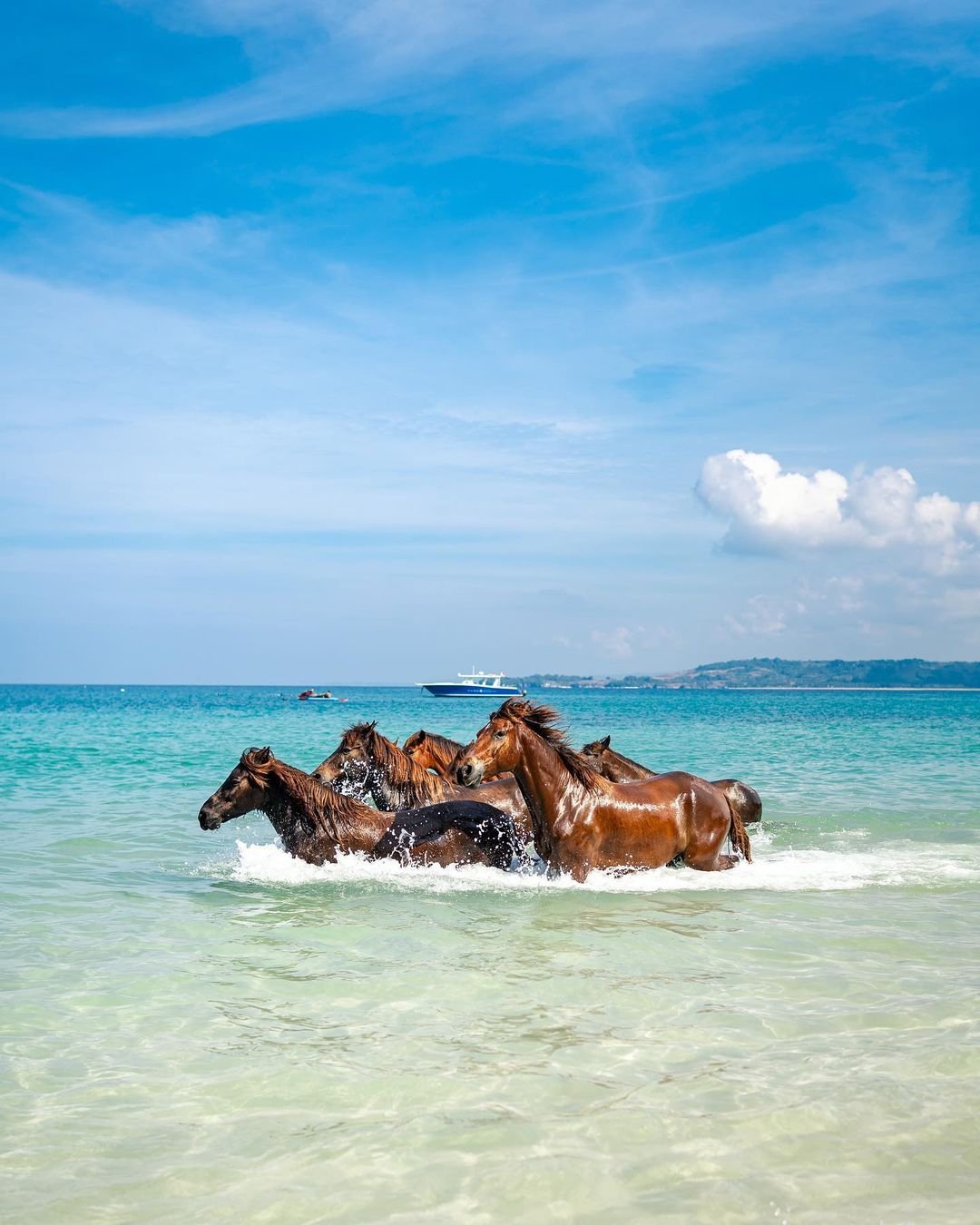
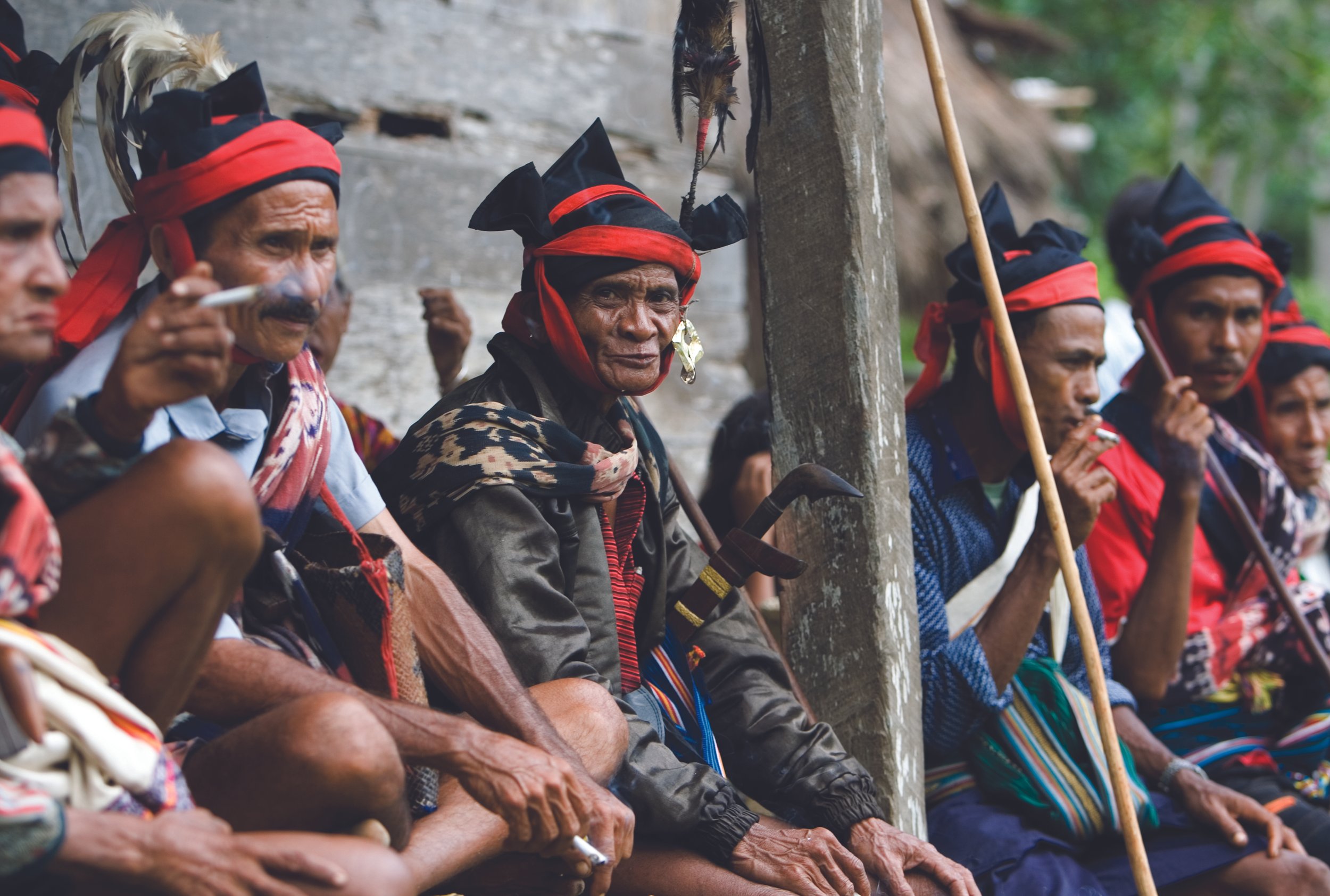

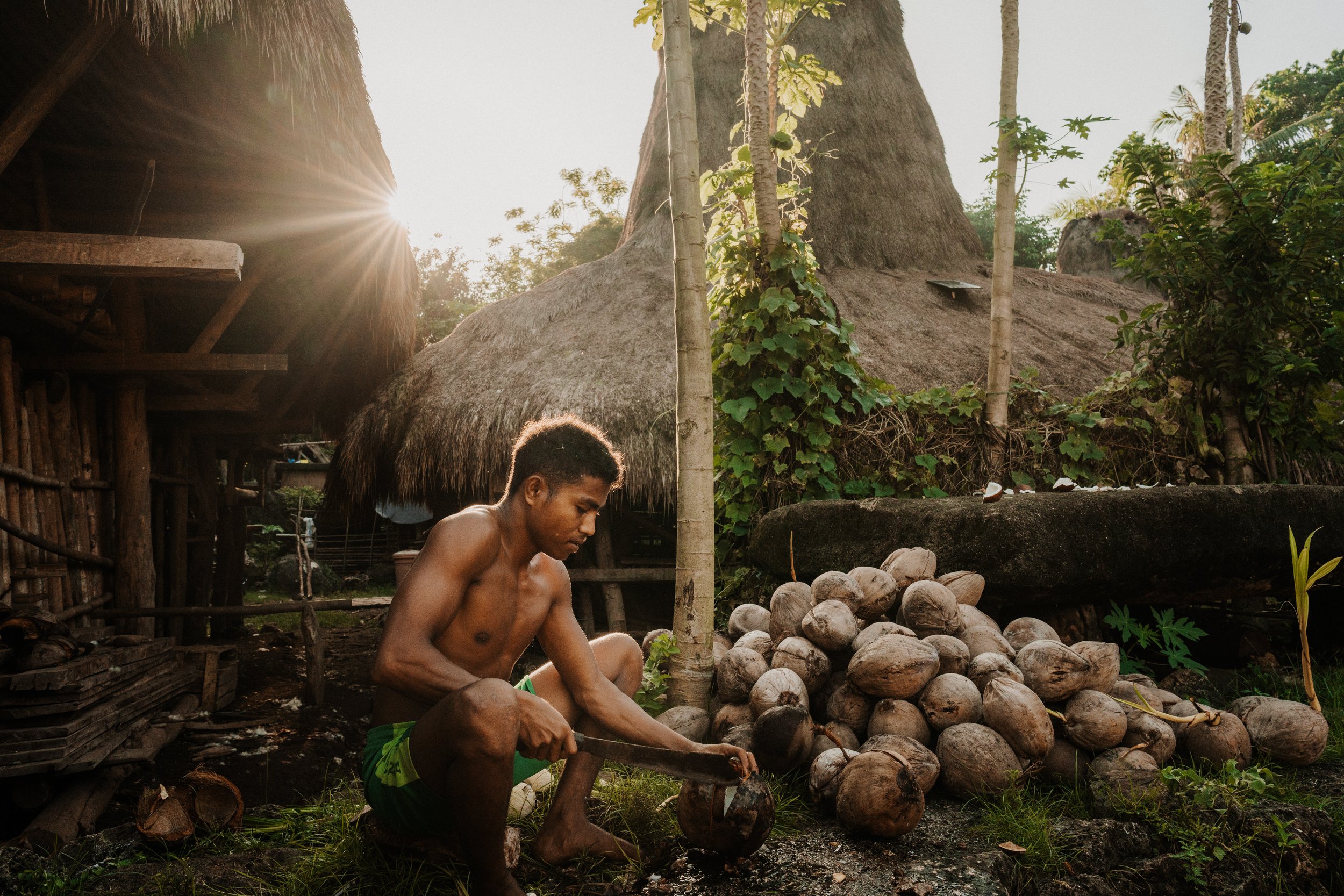
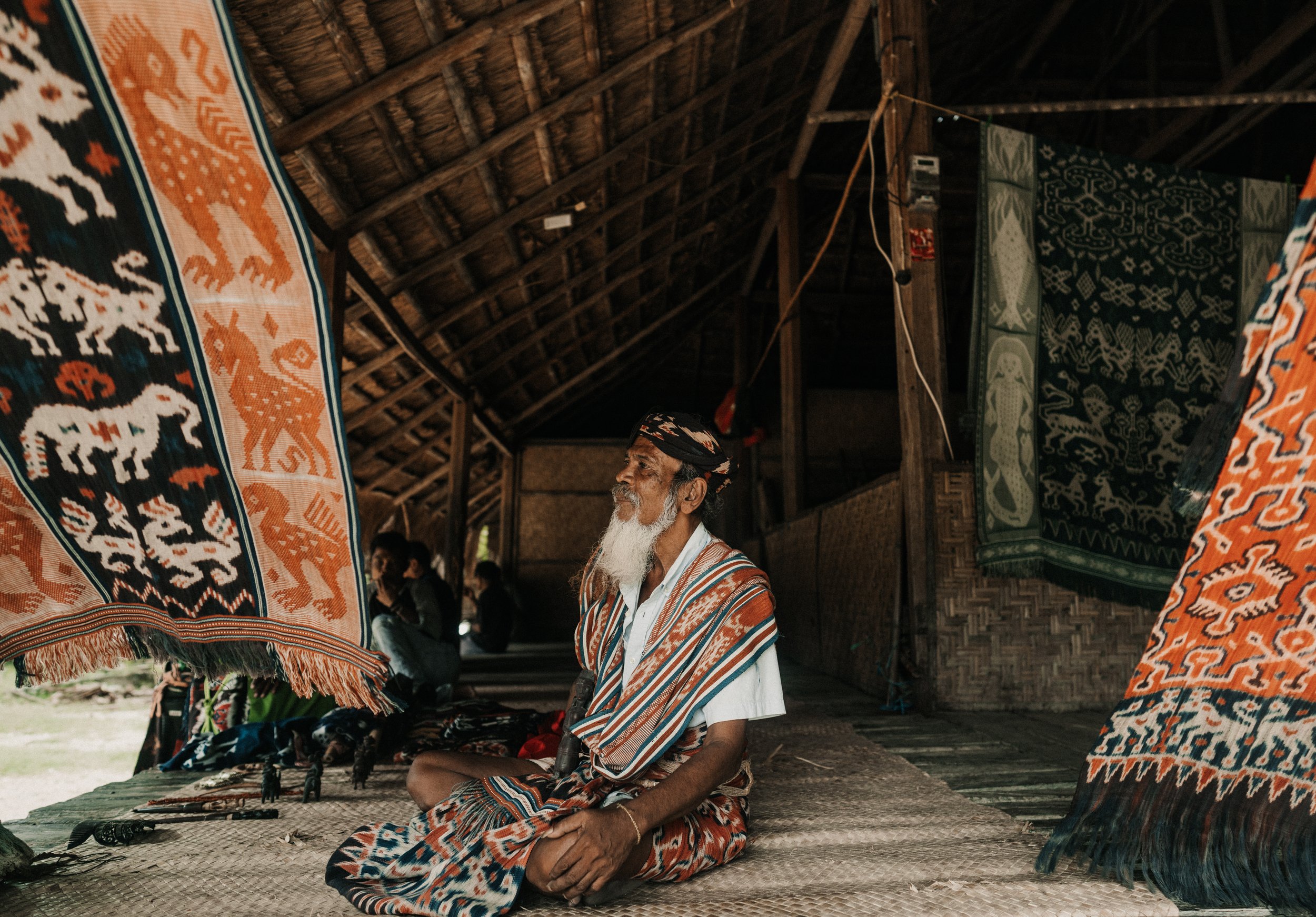
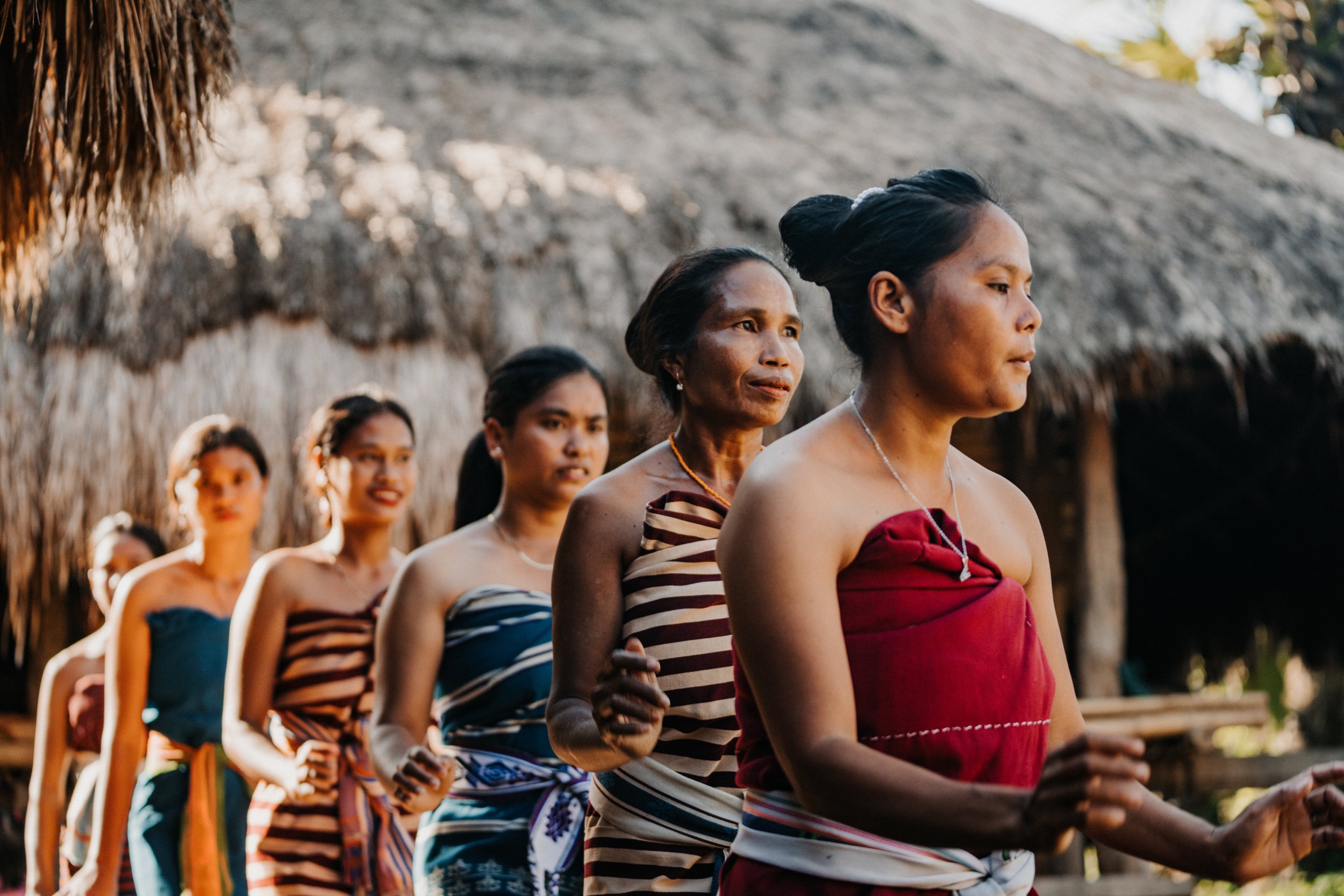
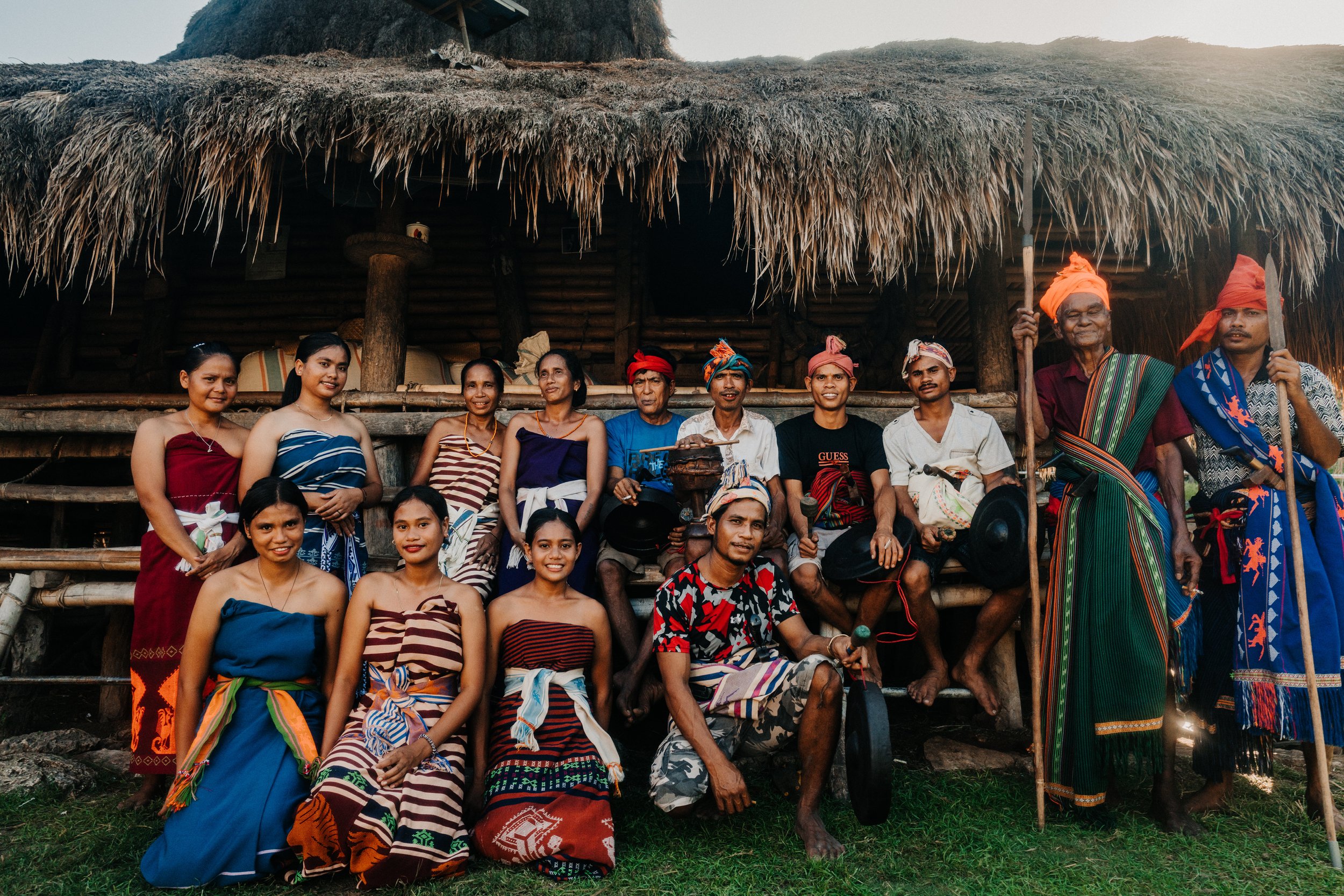
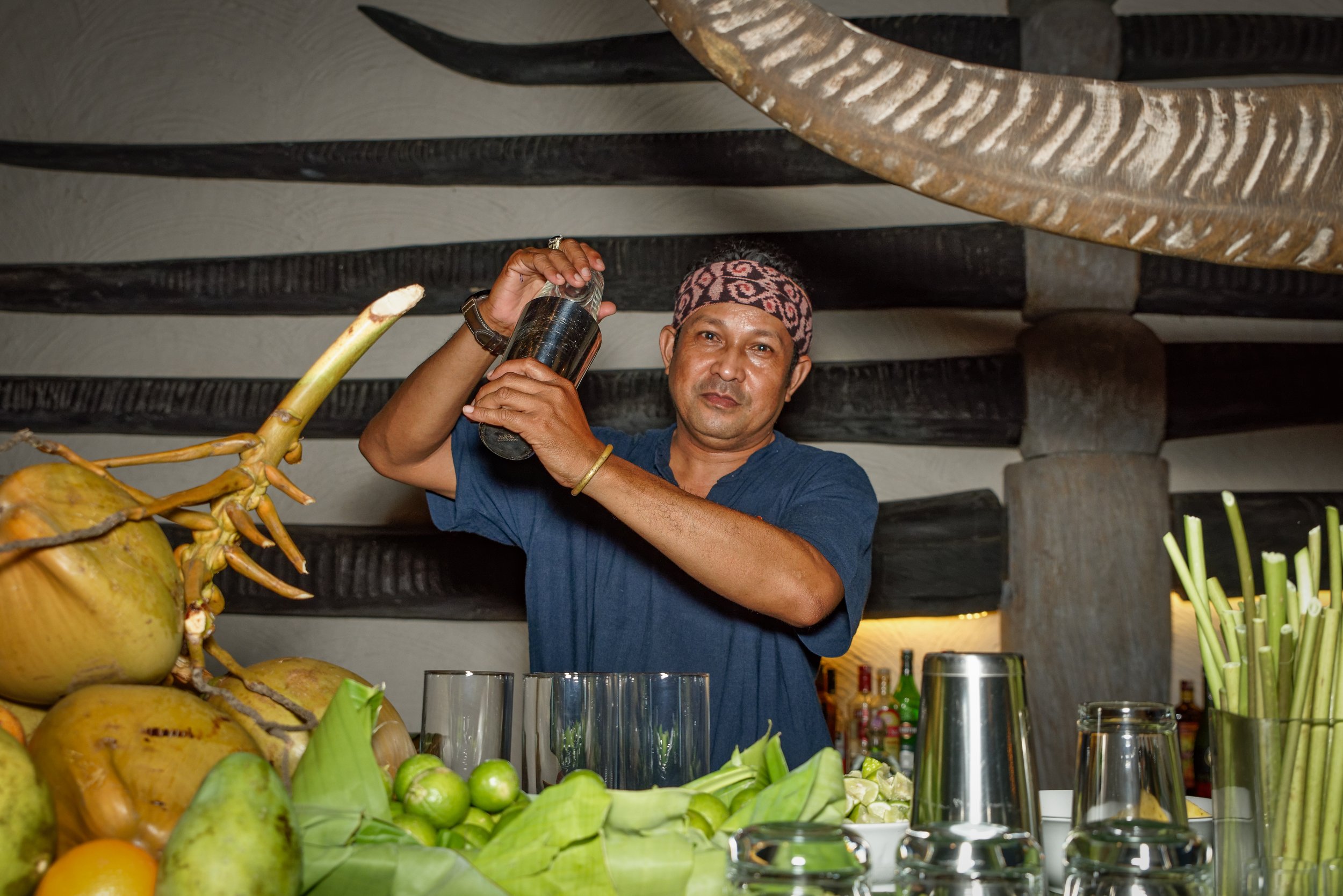
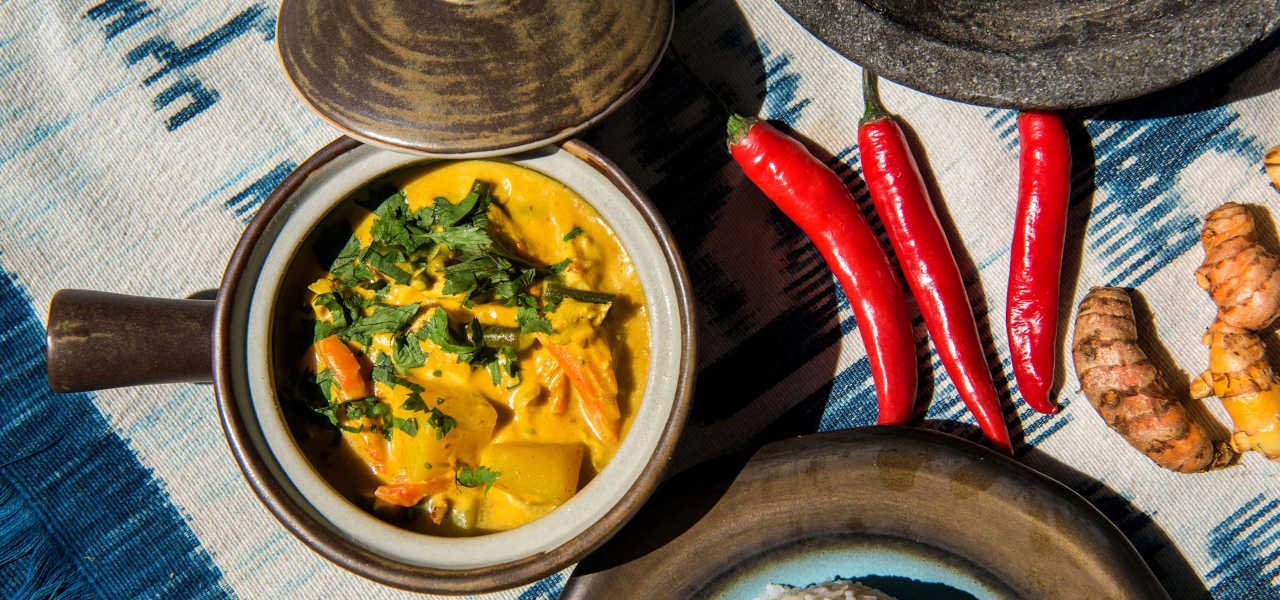
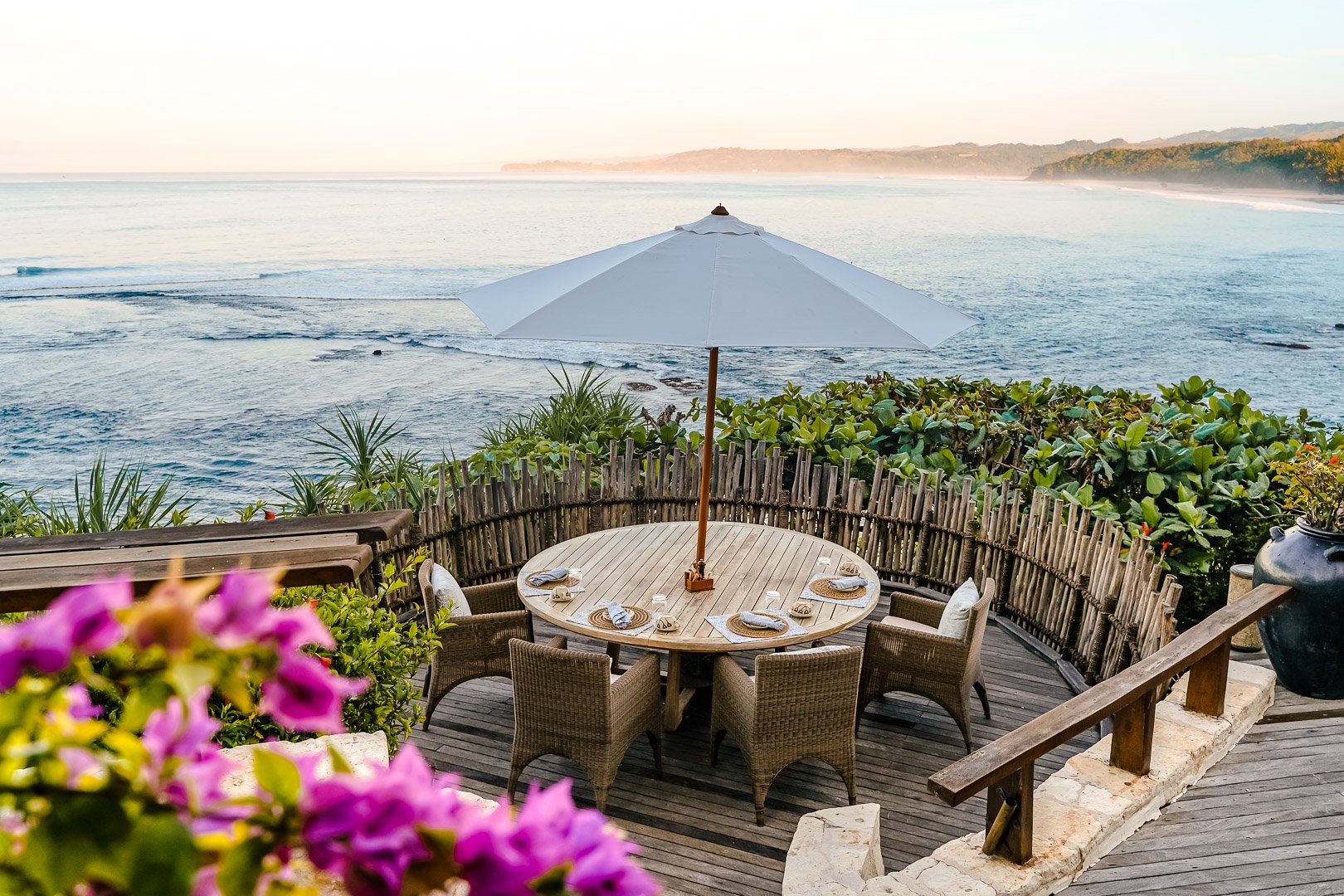
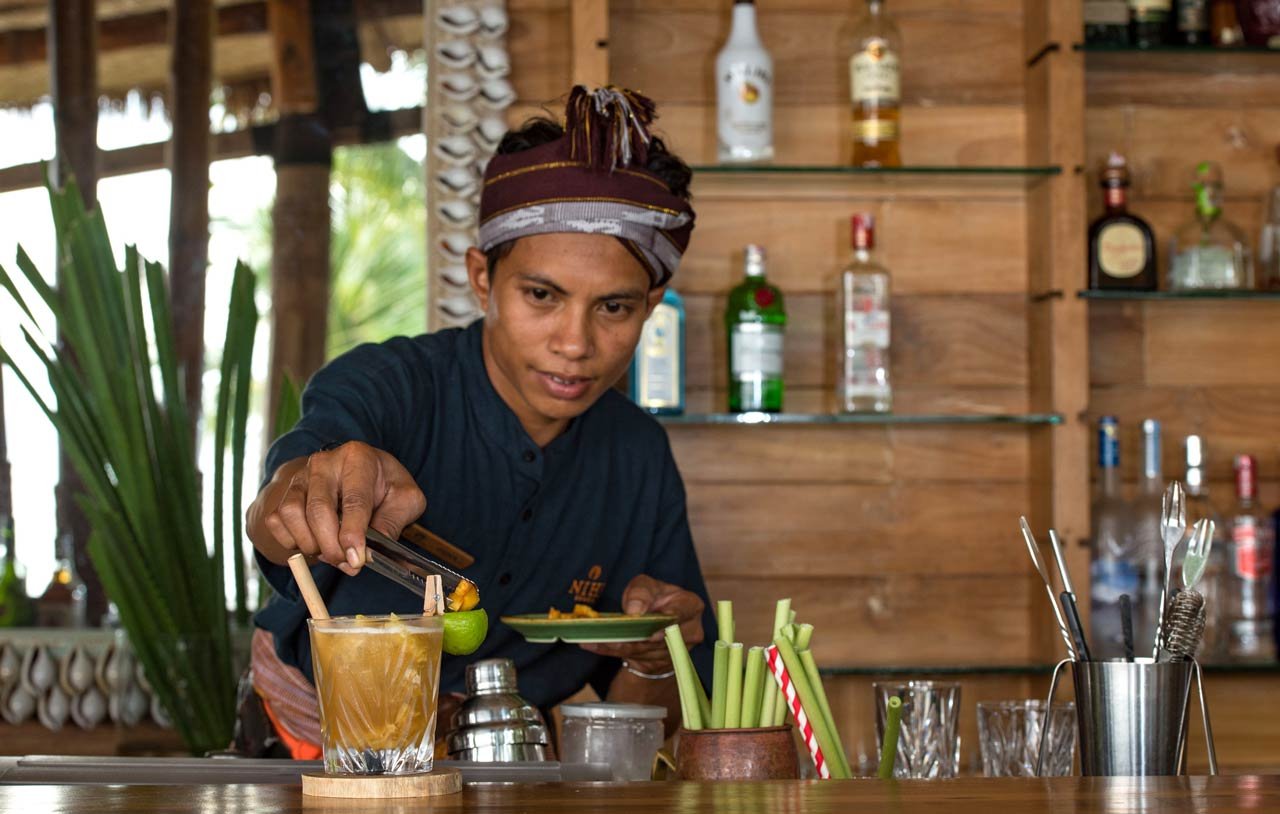
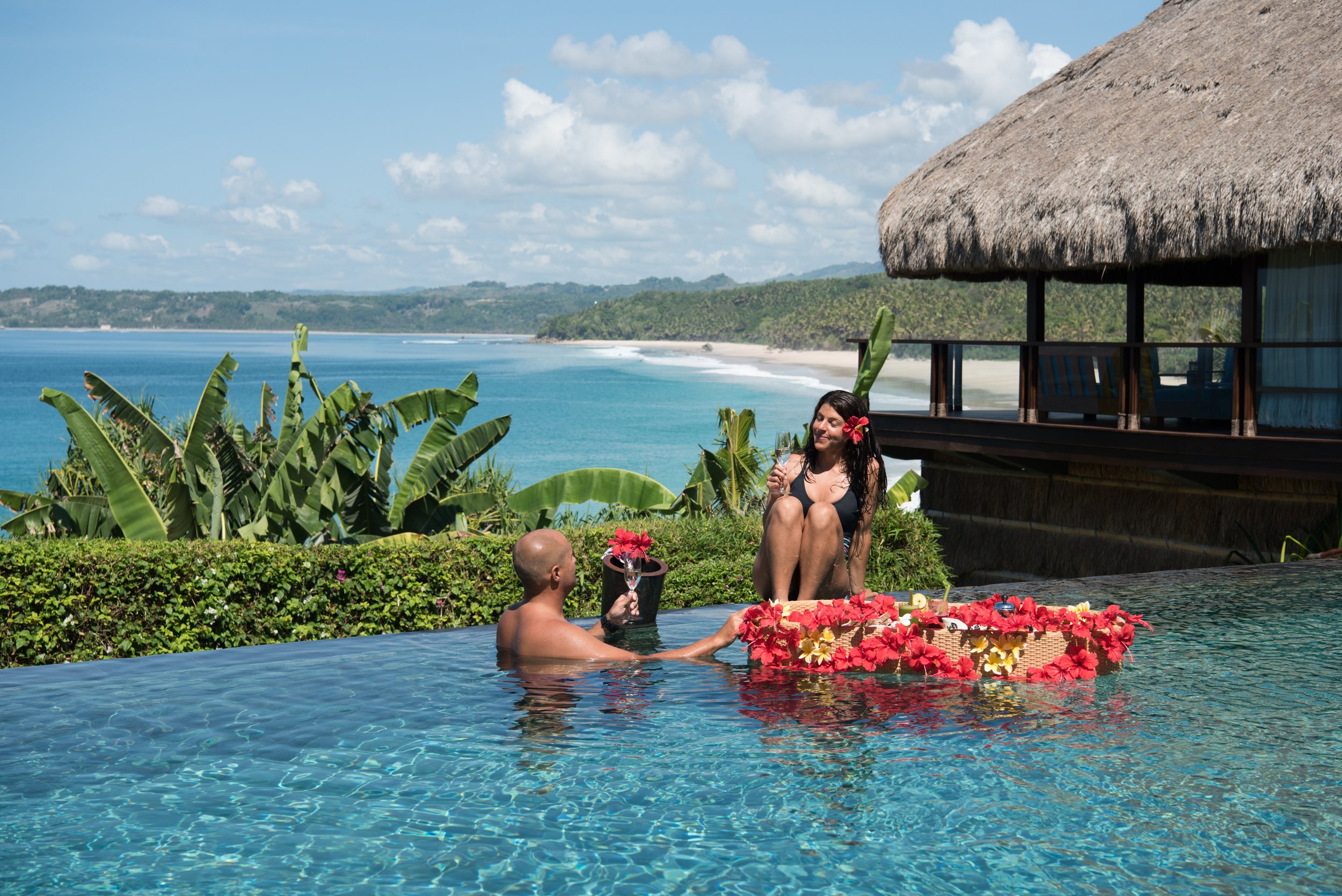

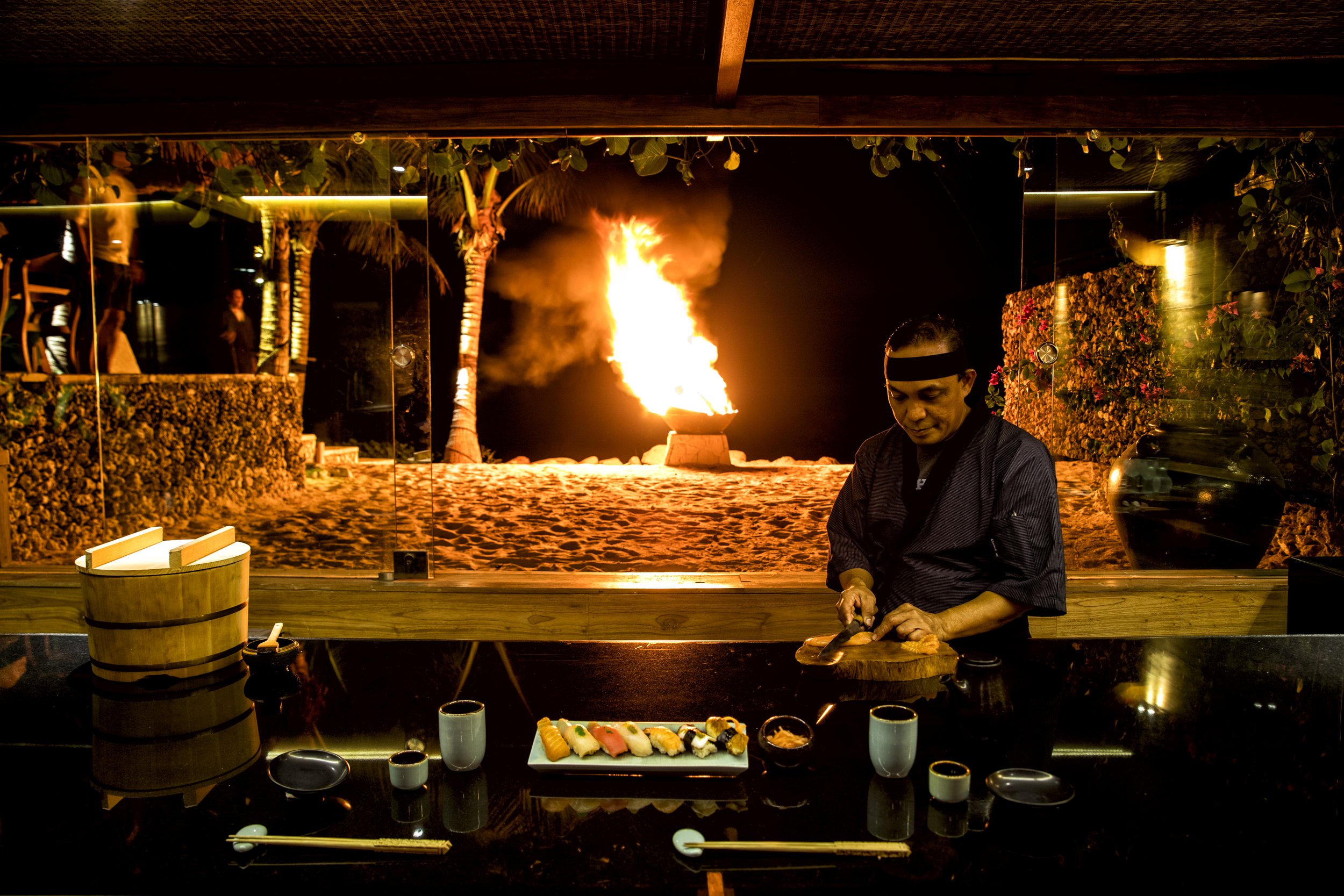
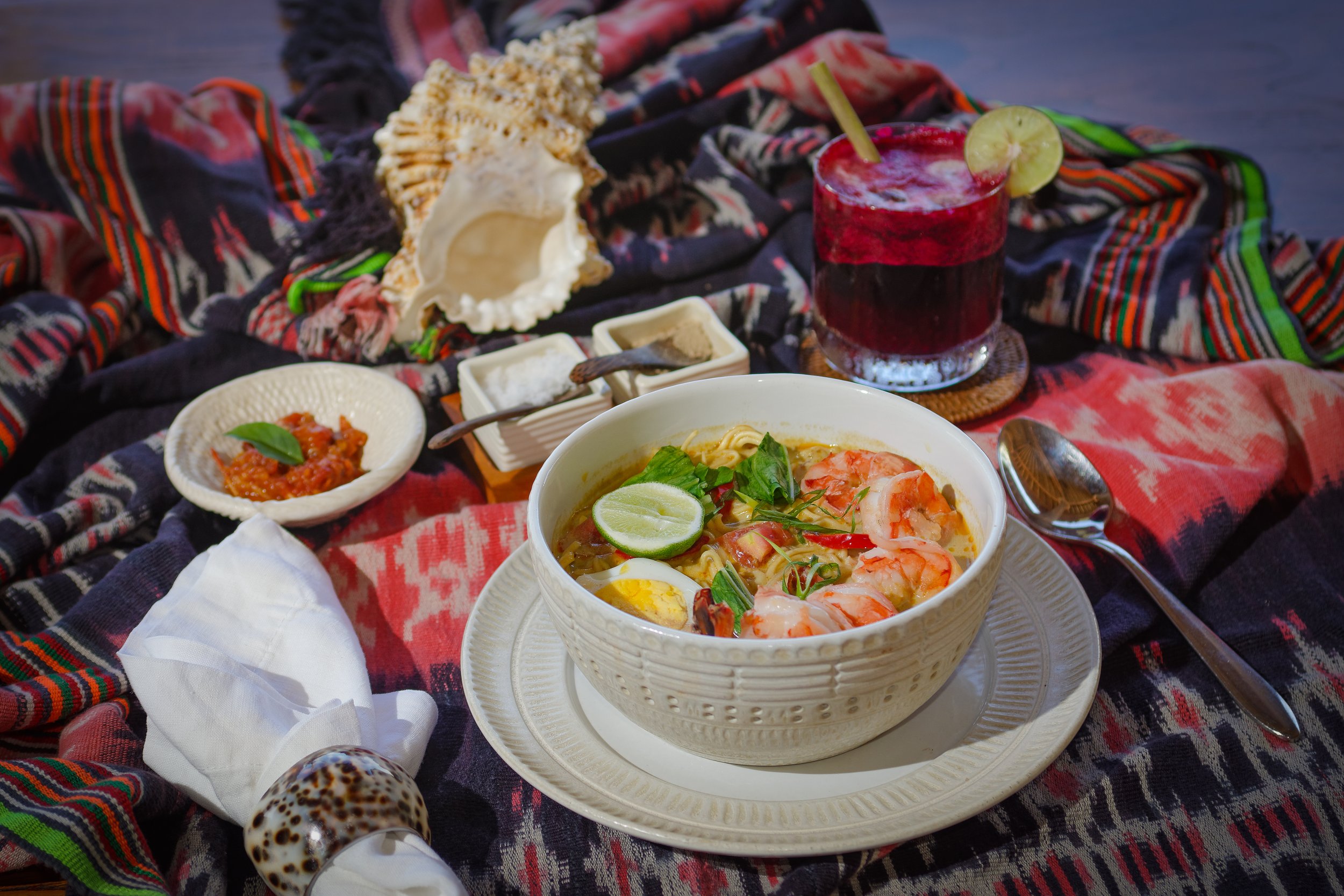

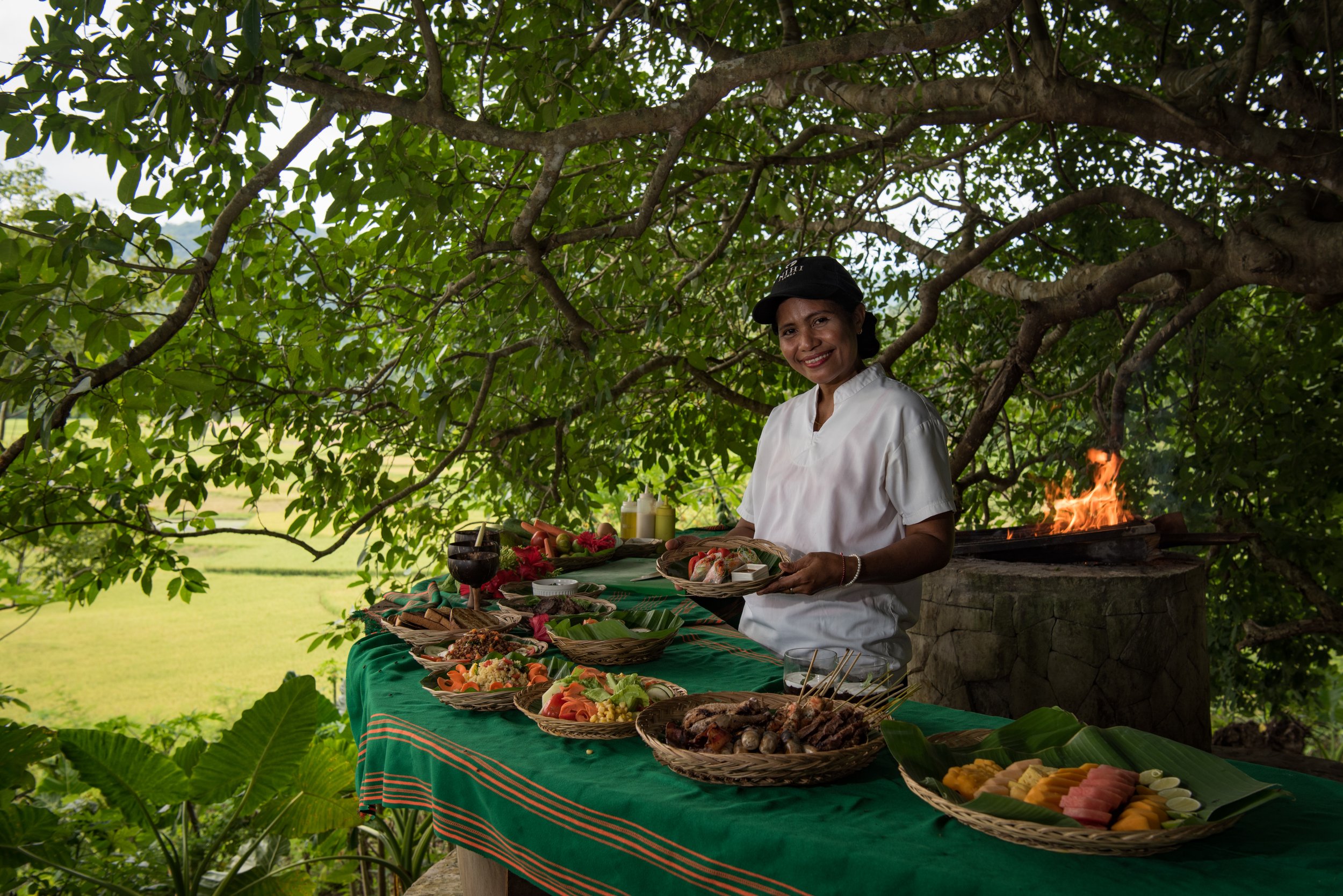



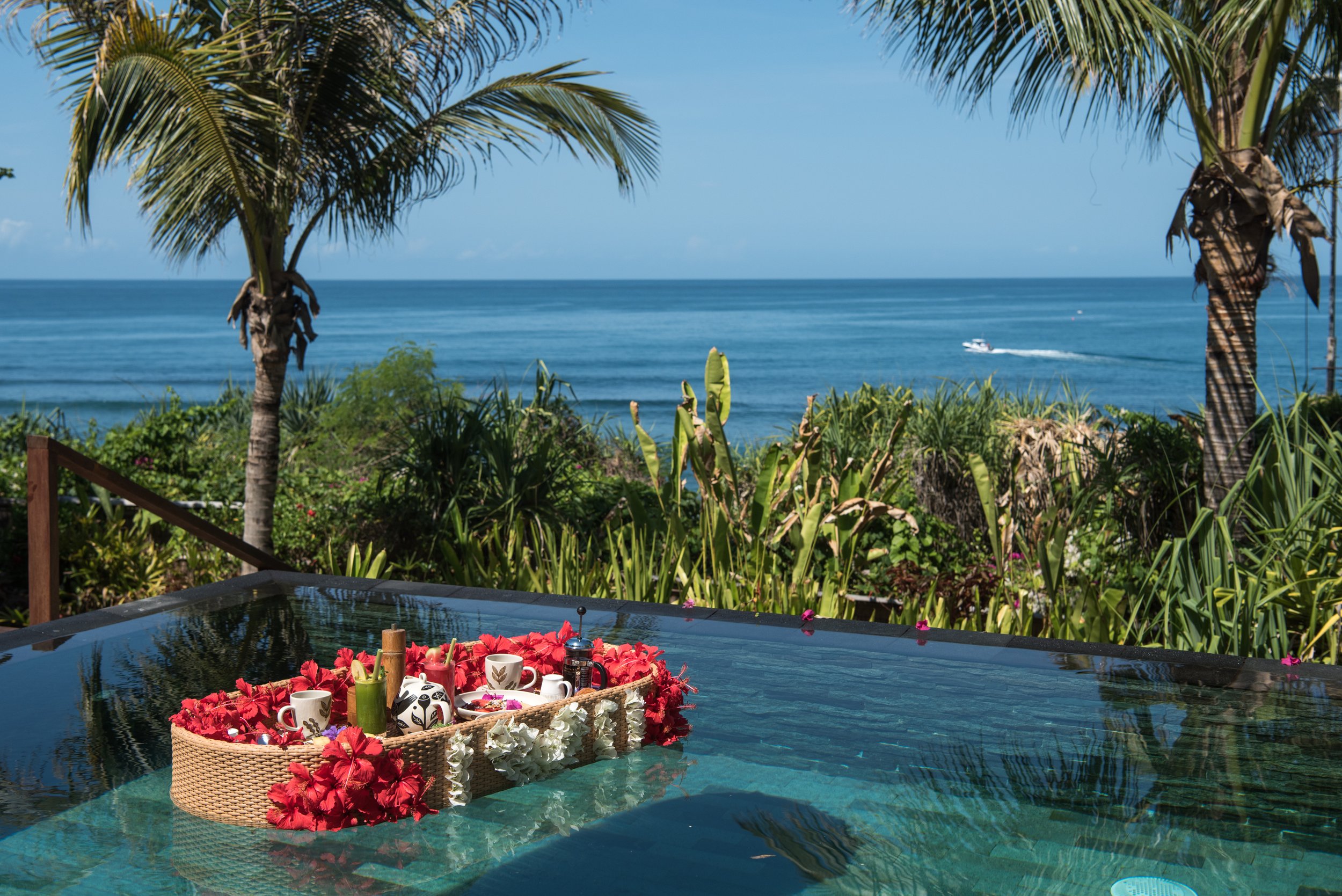



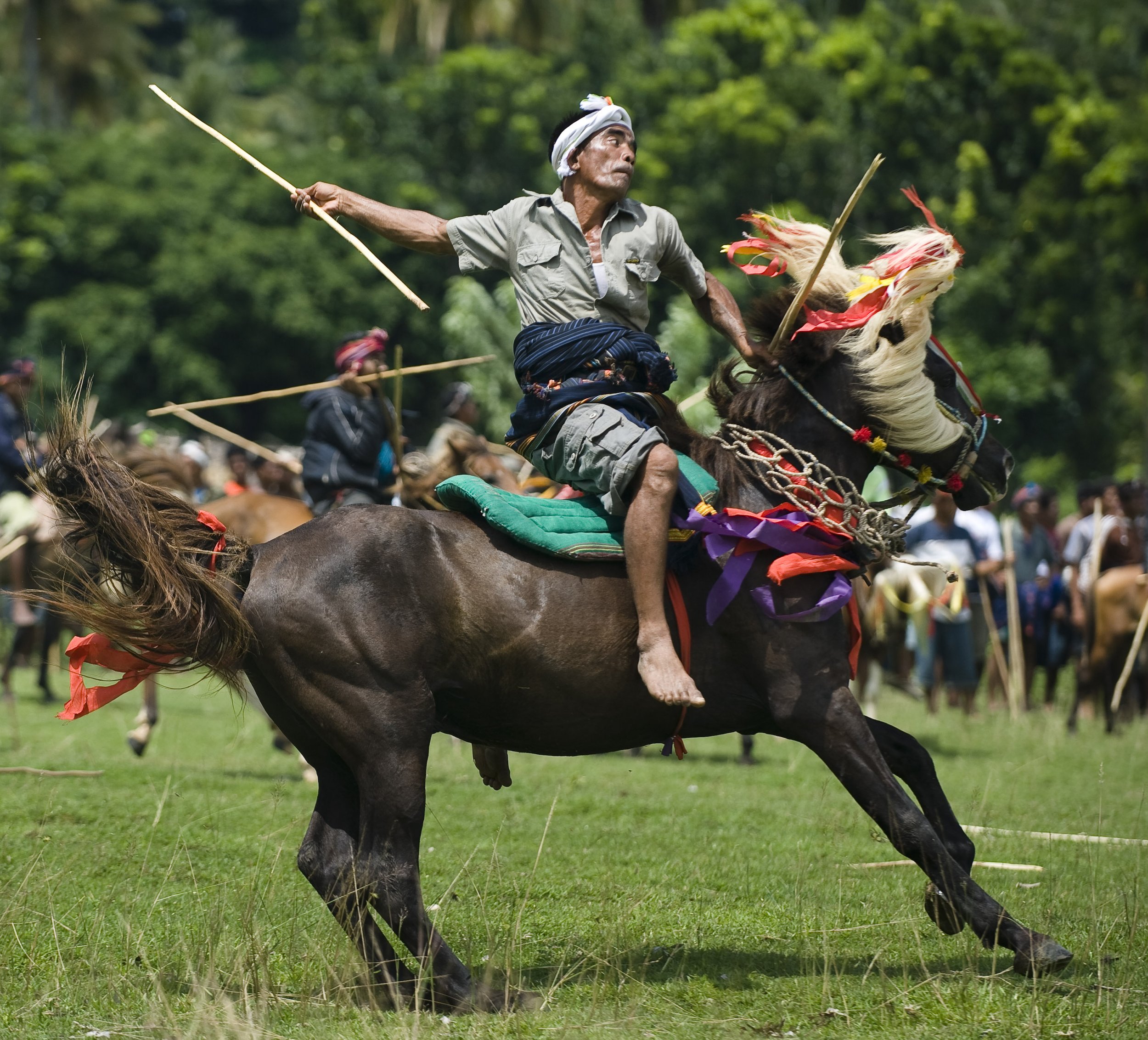
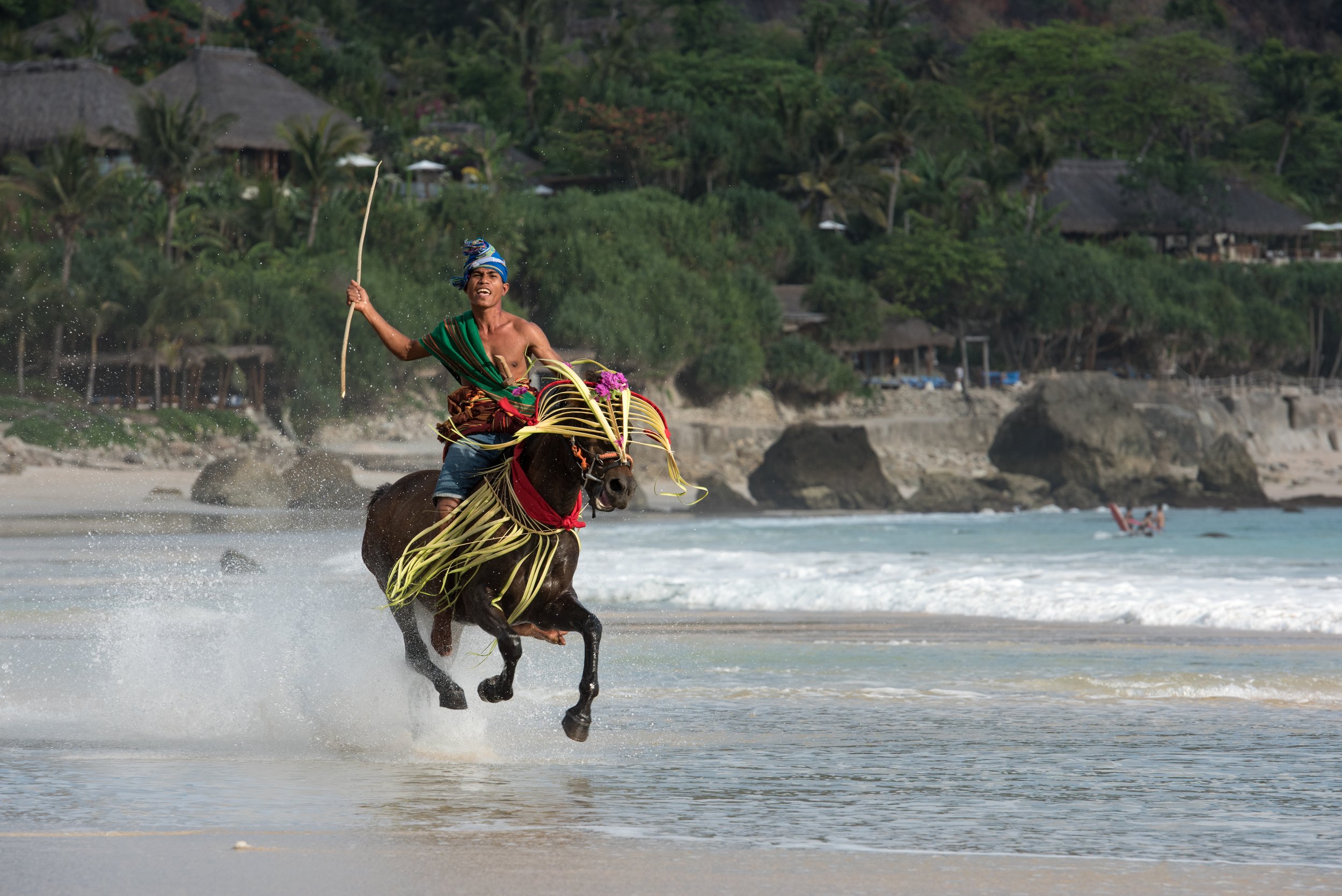
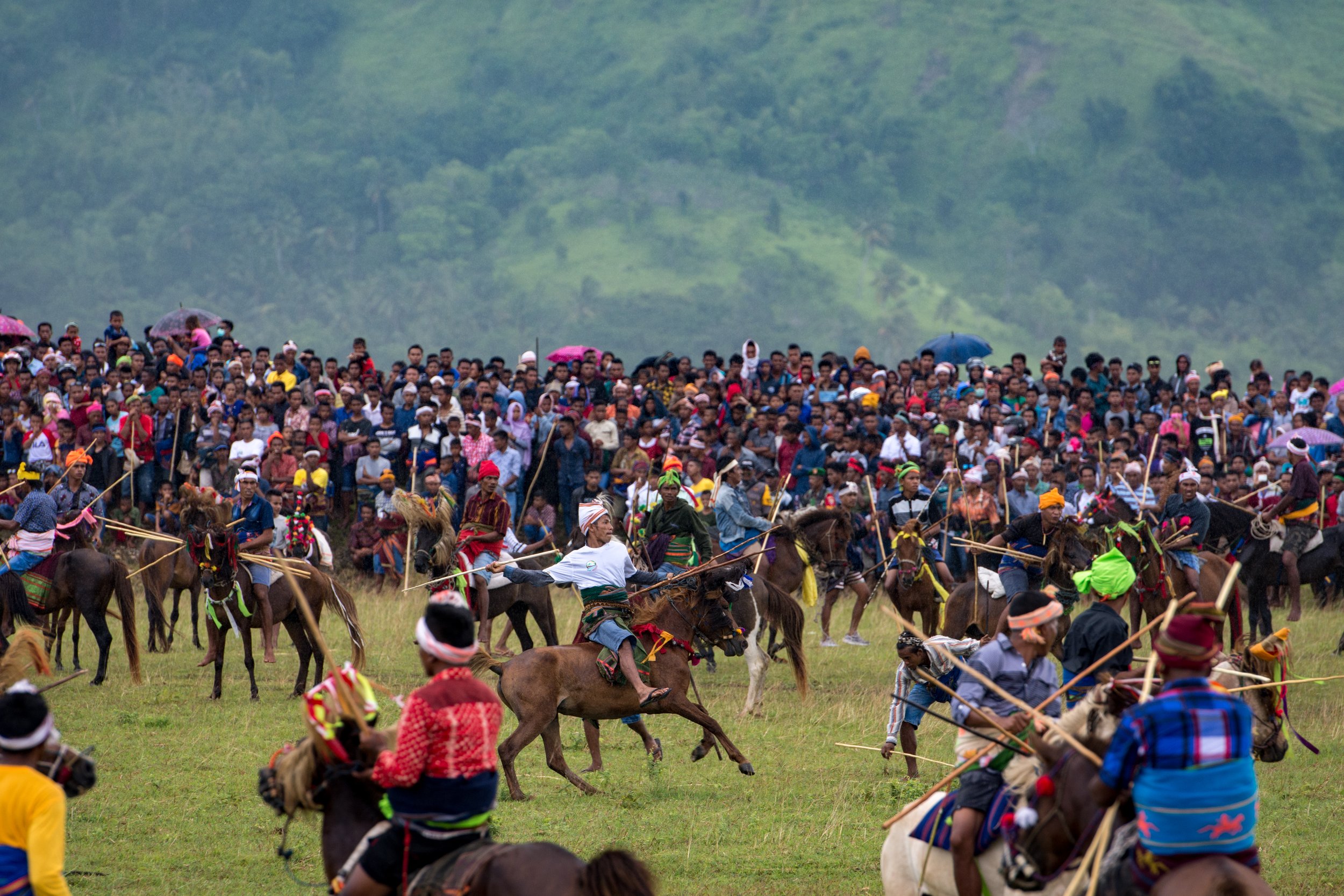
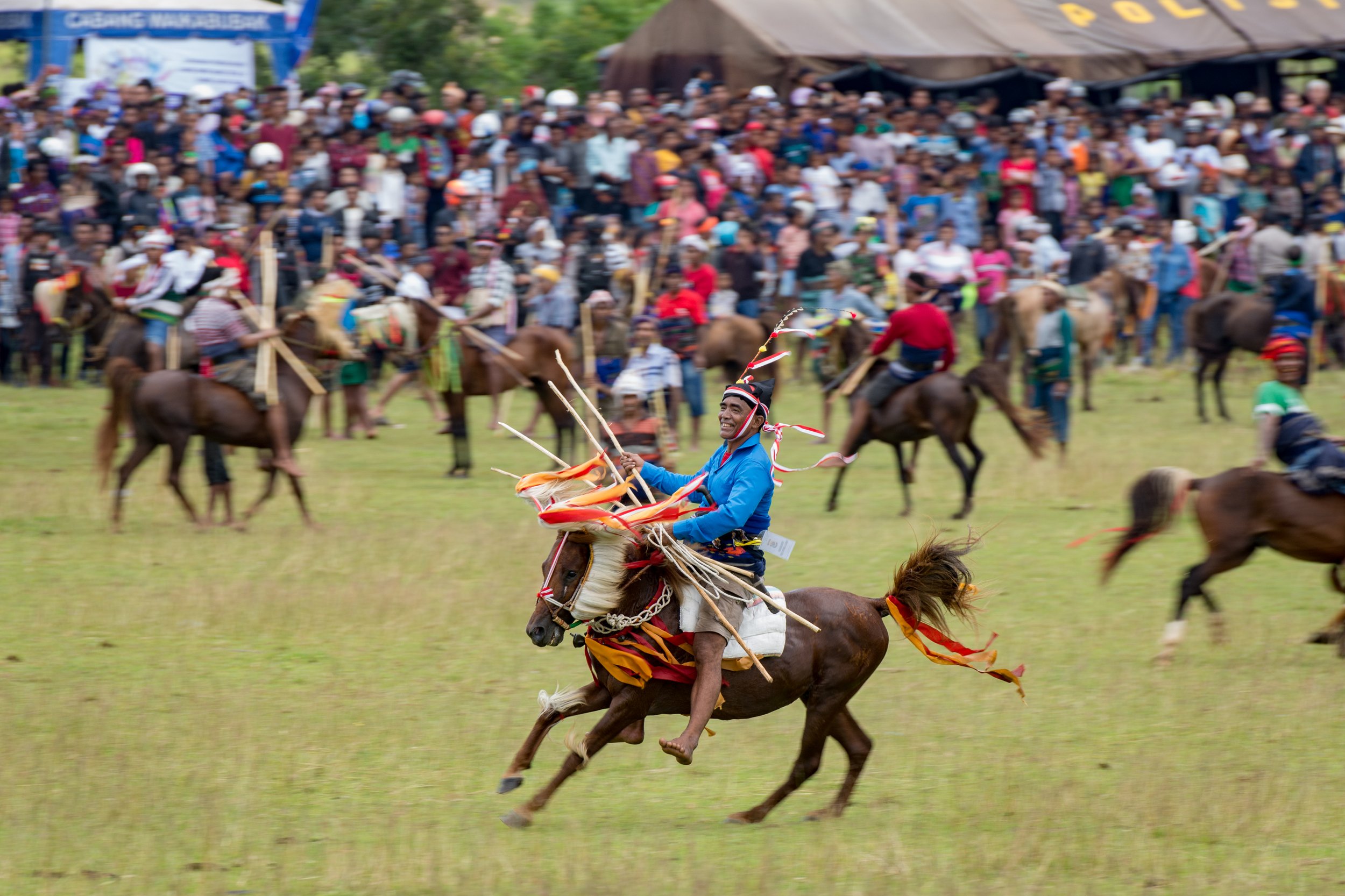

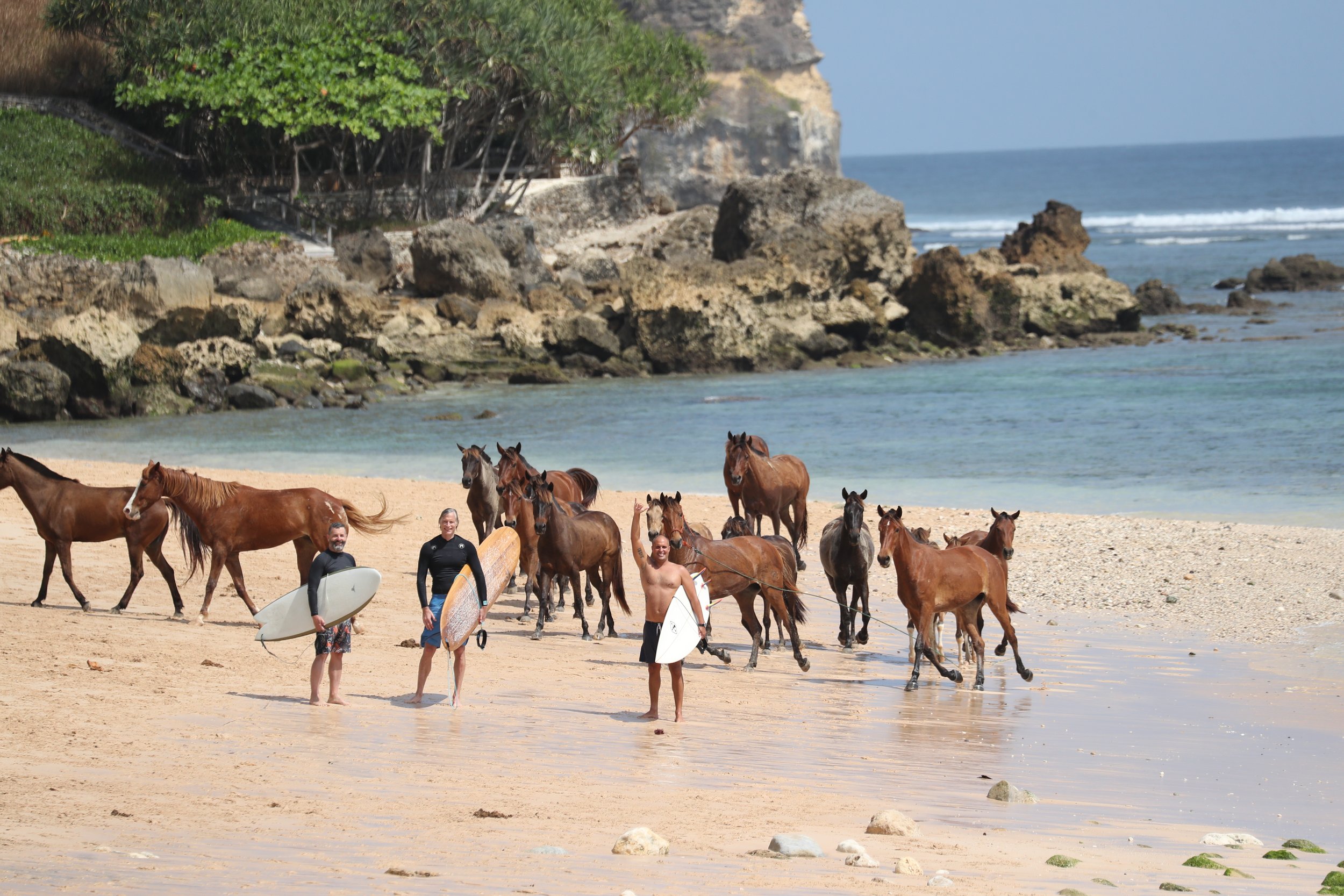
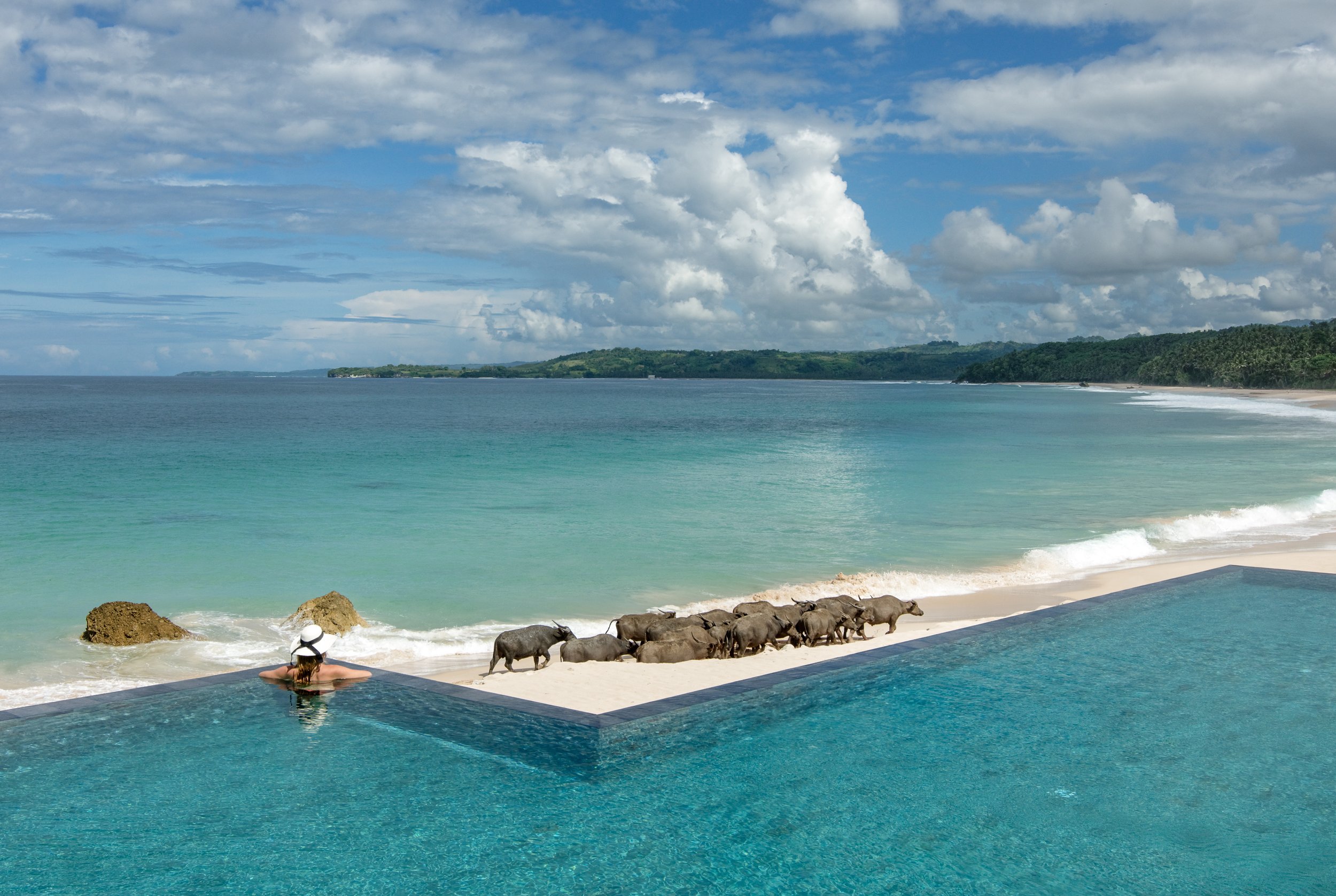











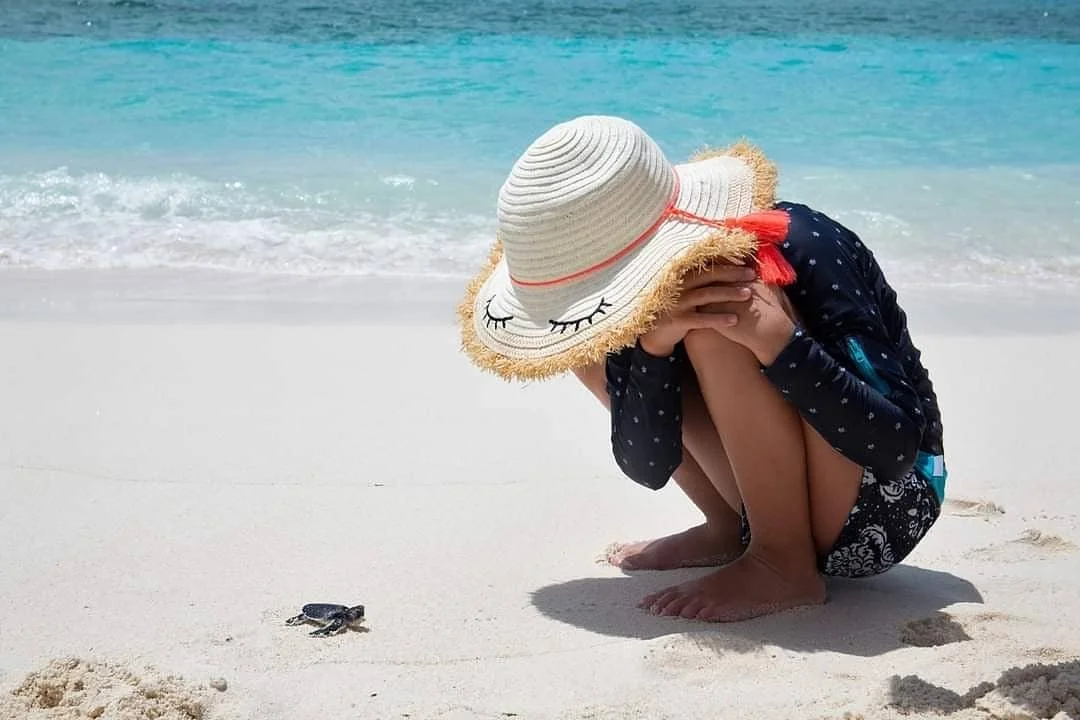




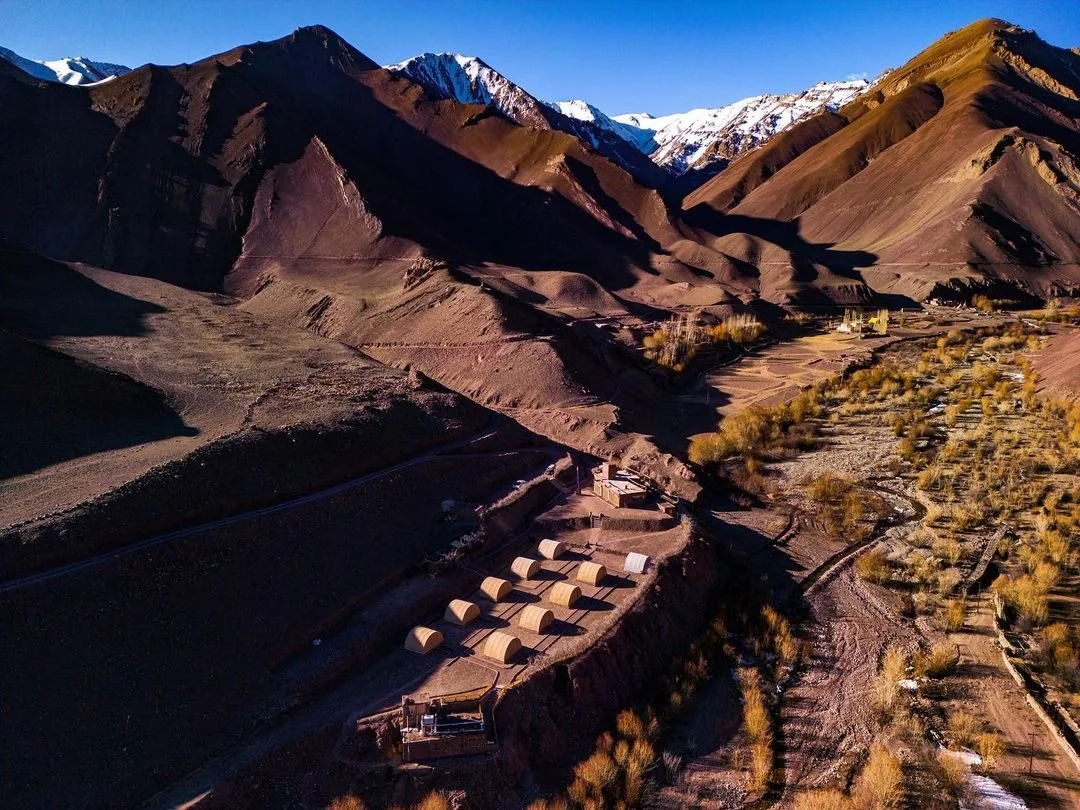
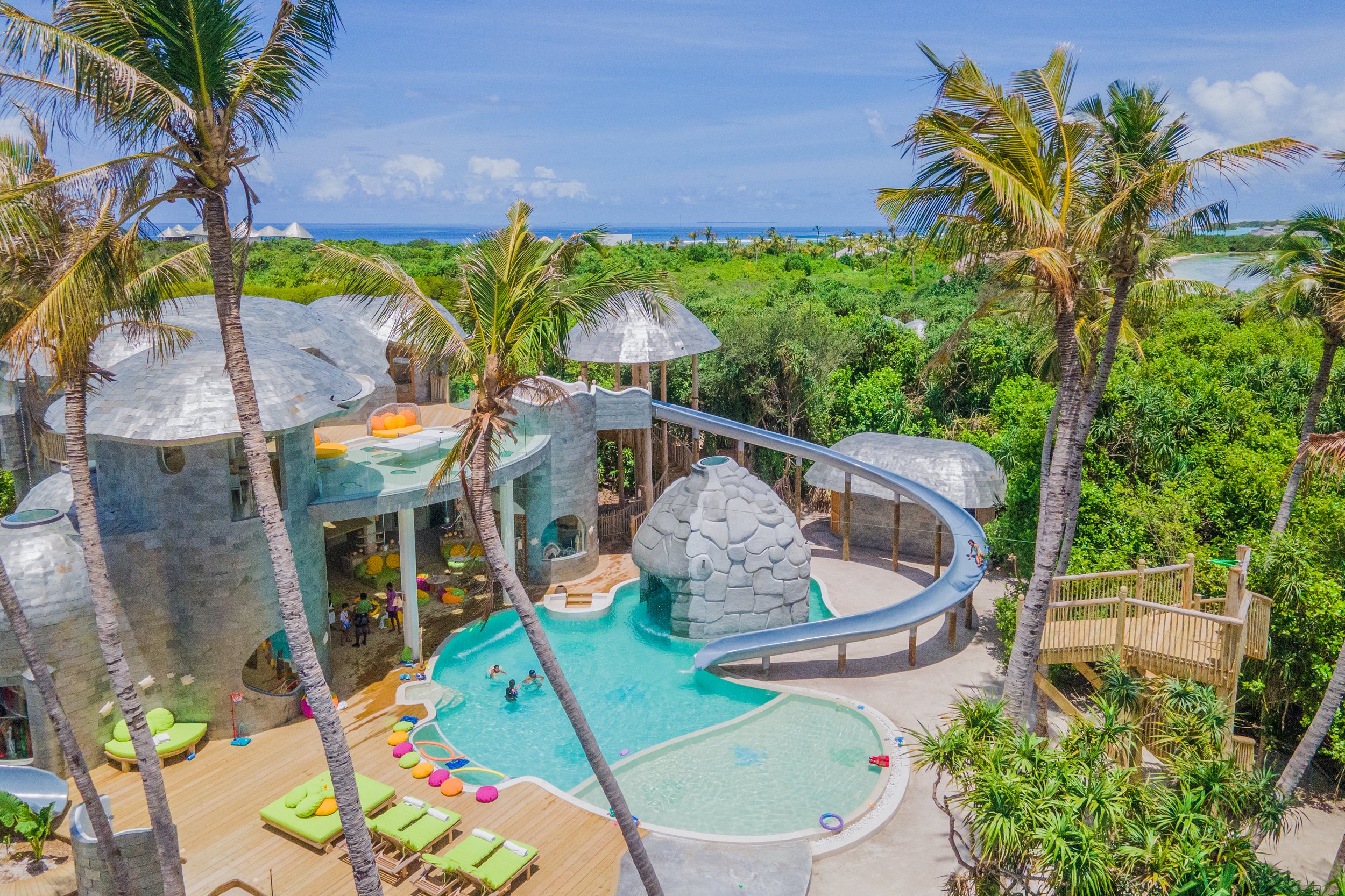




Wellness escapes today go far beyond massages and yoga mats. Experiences like forest bathing in Japan, wild swimming in Scandinavian fjords, sleep therapy in Switzerland and even energy healing in the Costa Rican jungle promise not just relaxation but a deep, sensory reawakening.